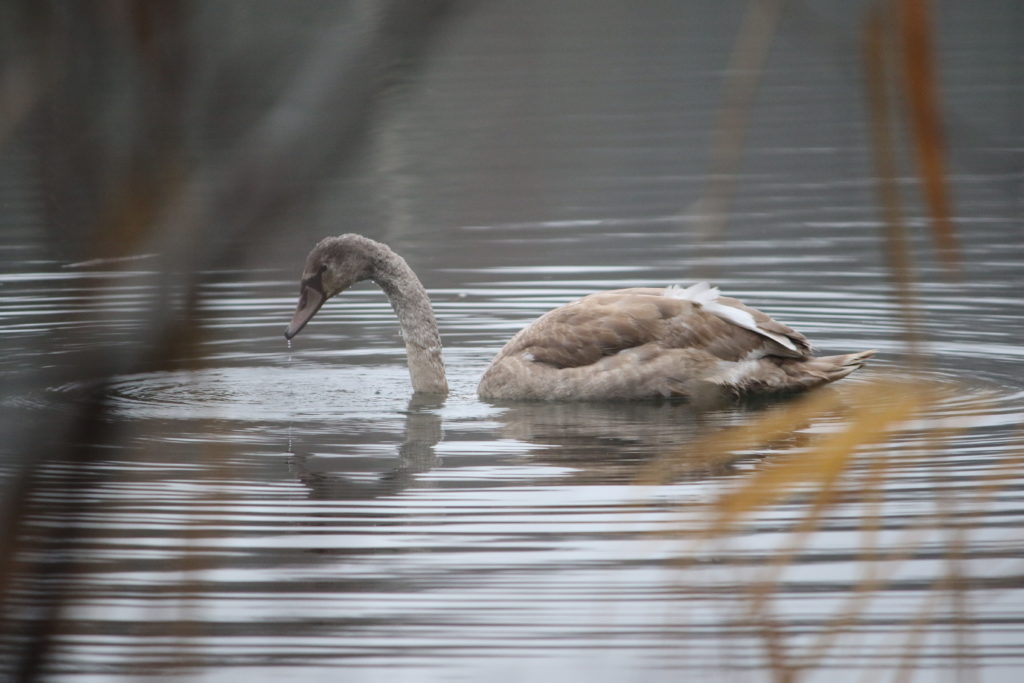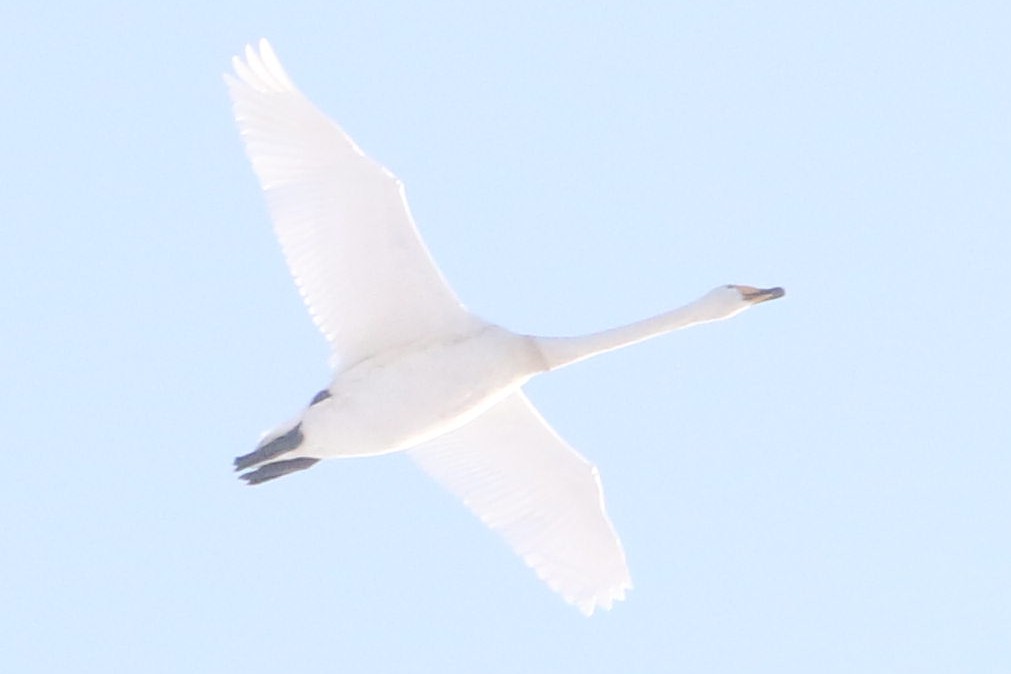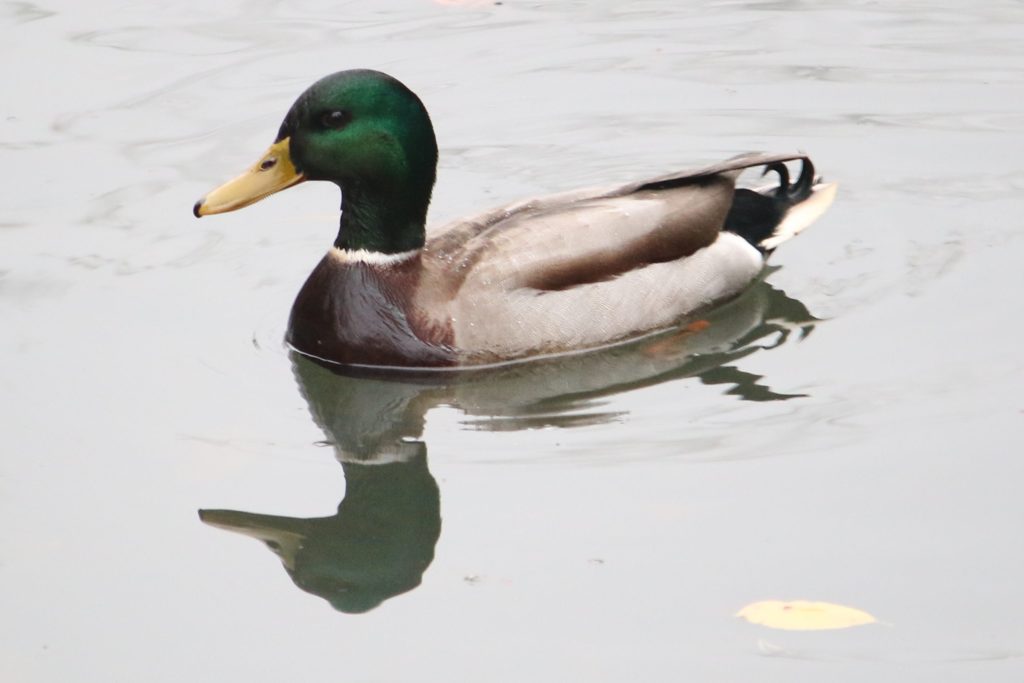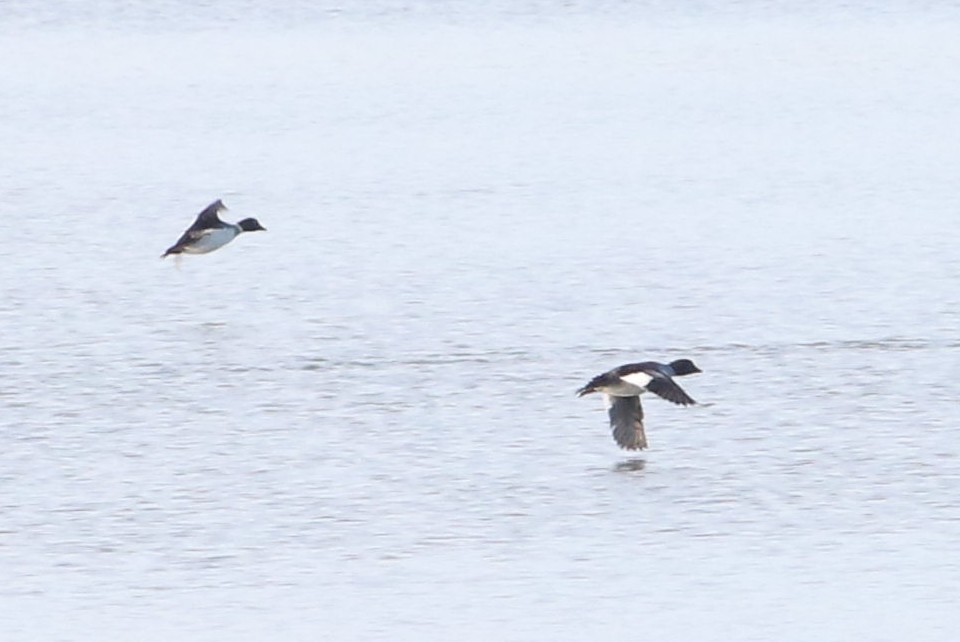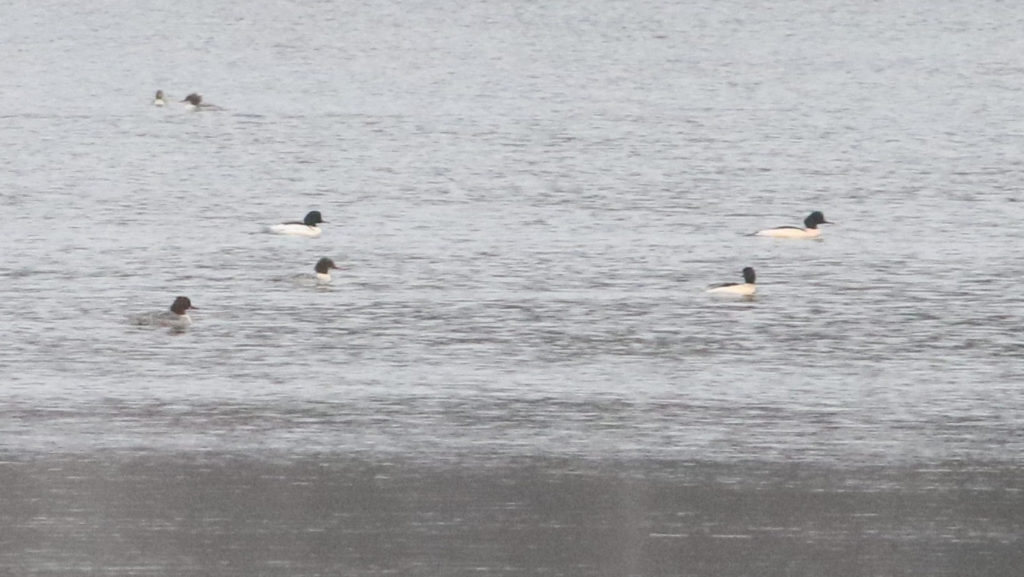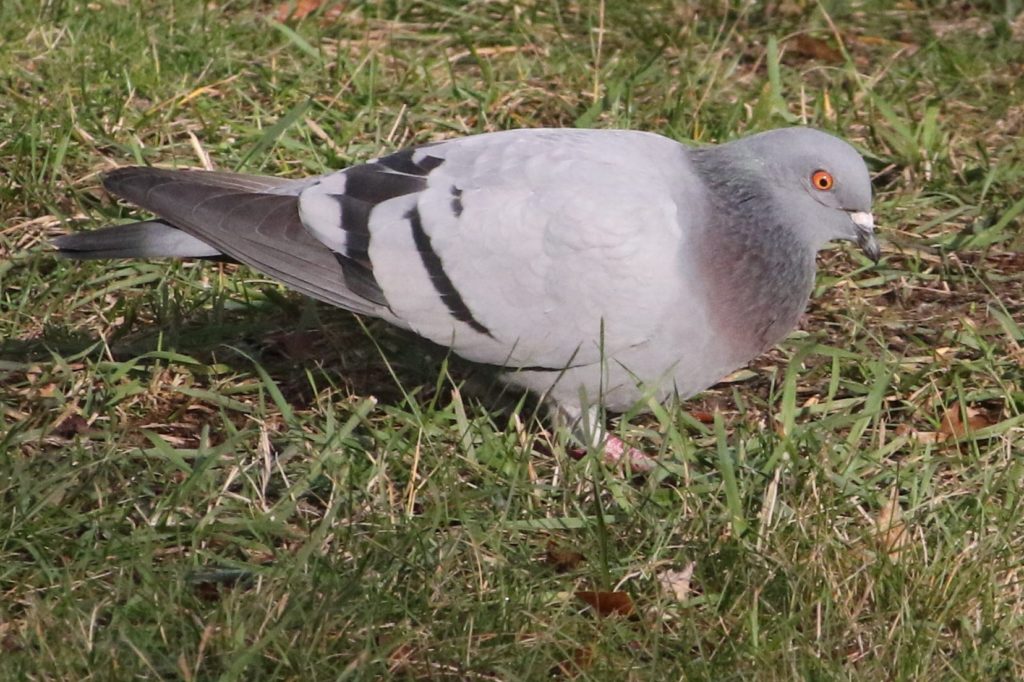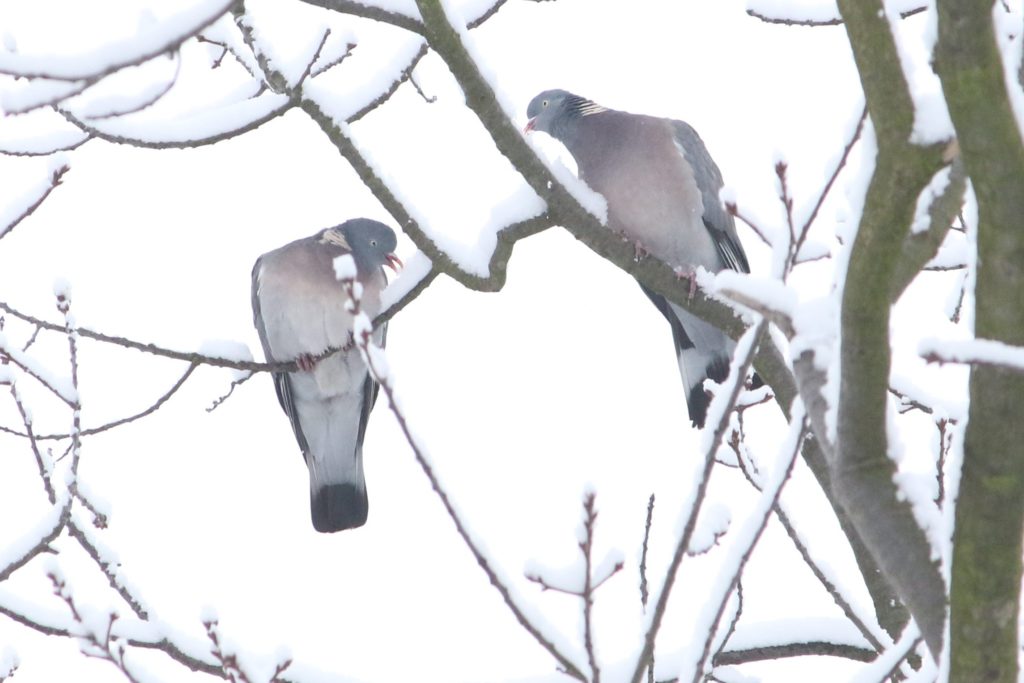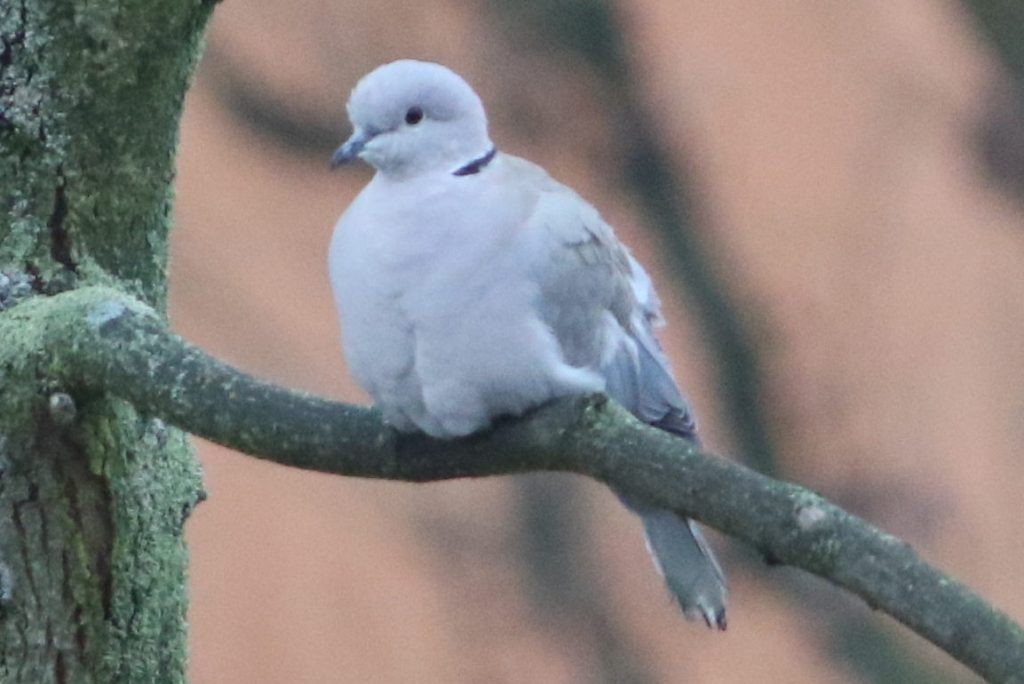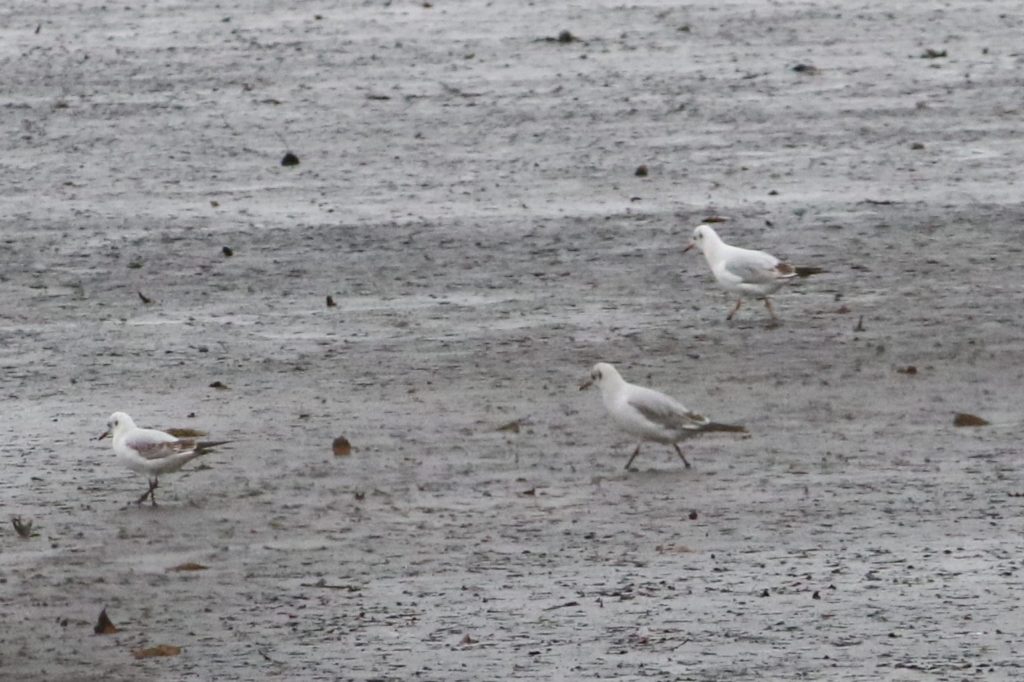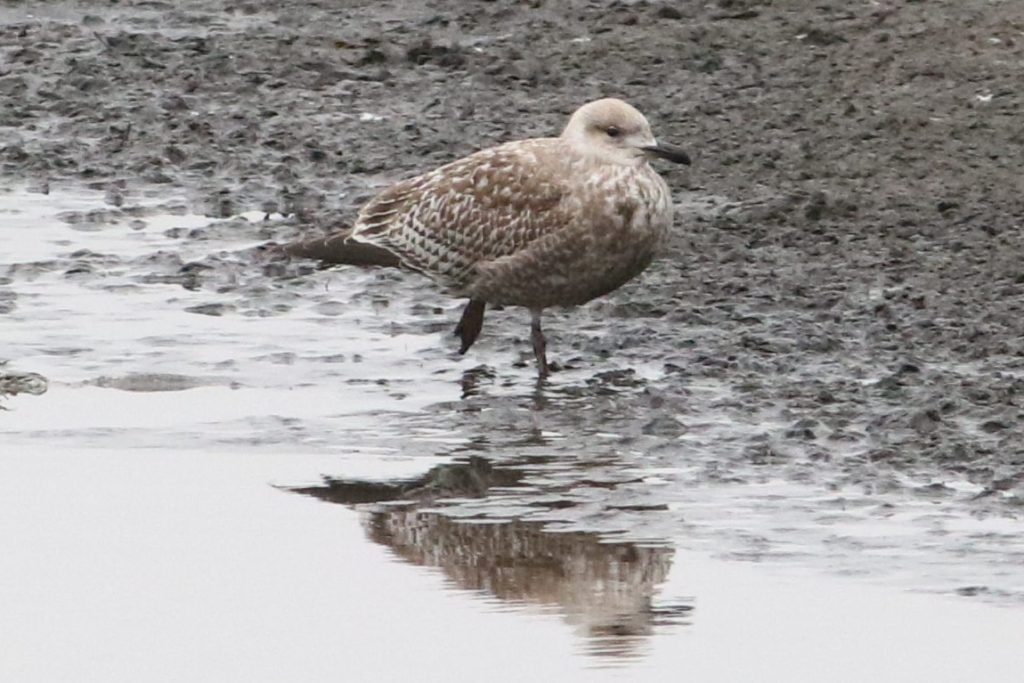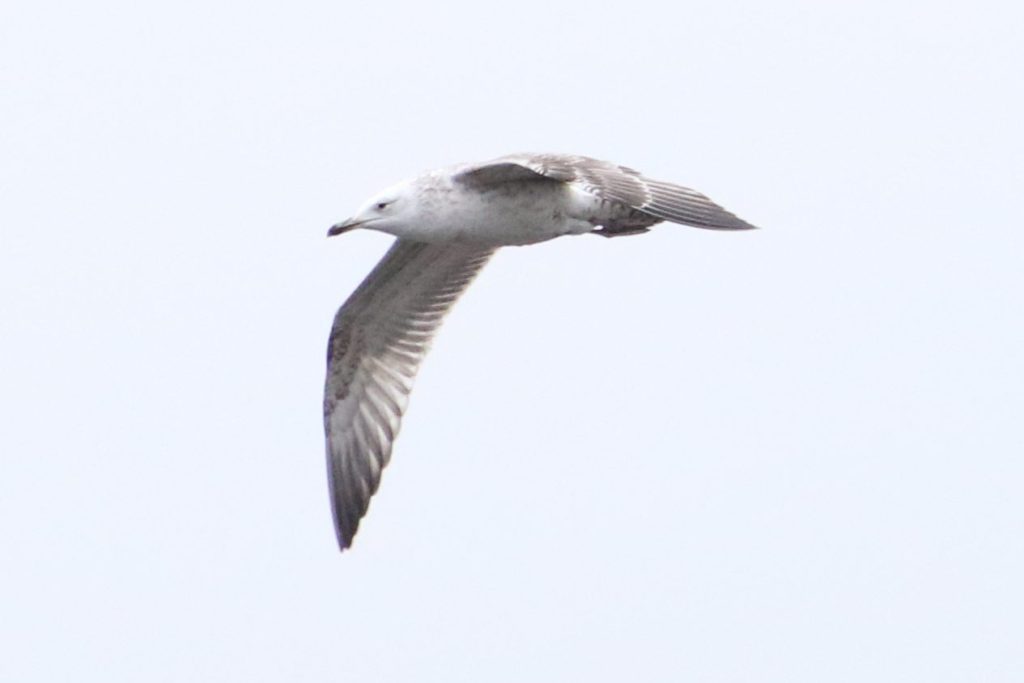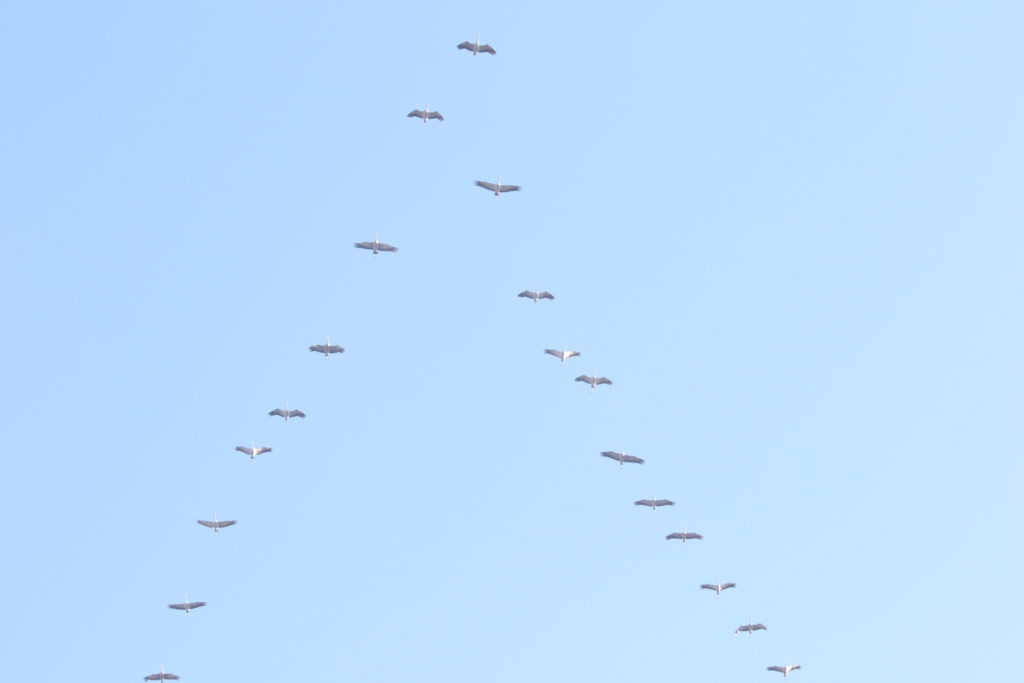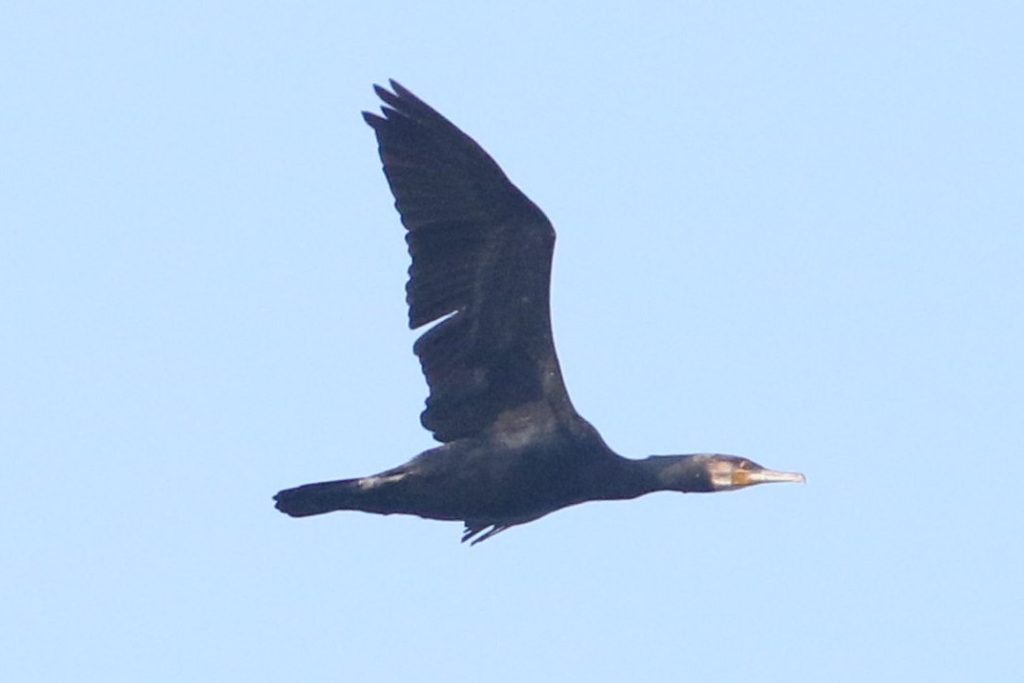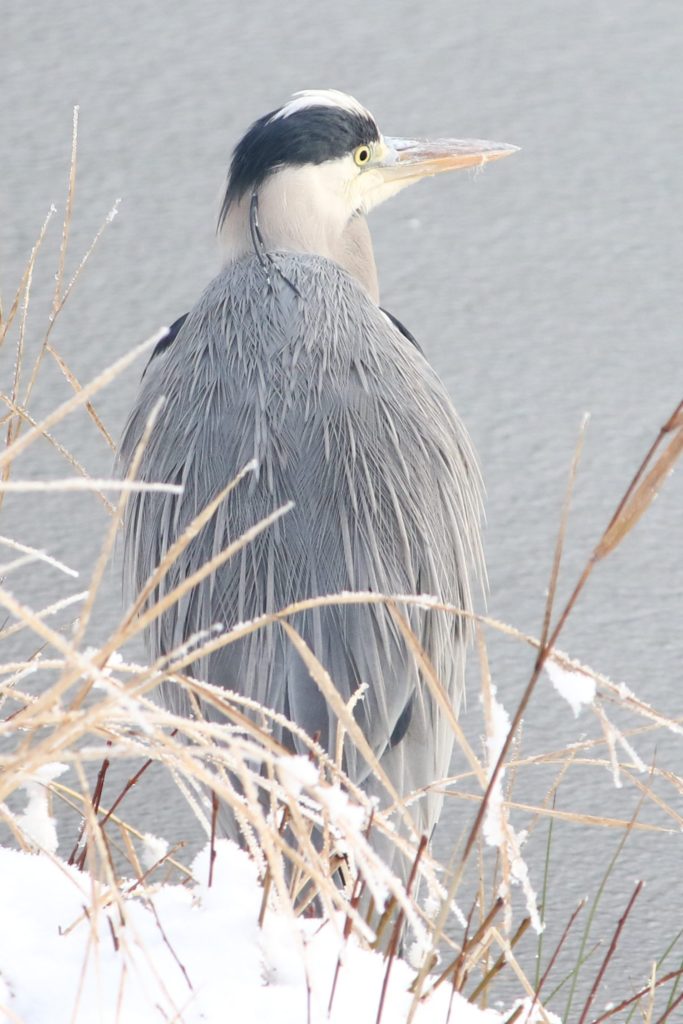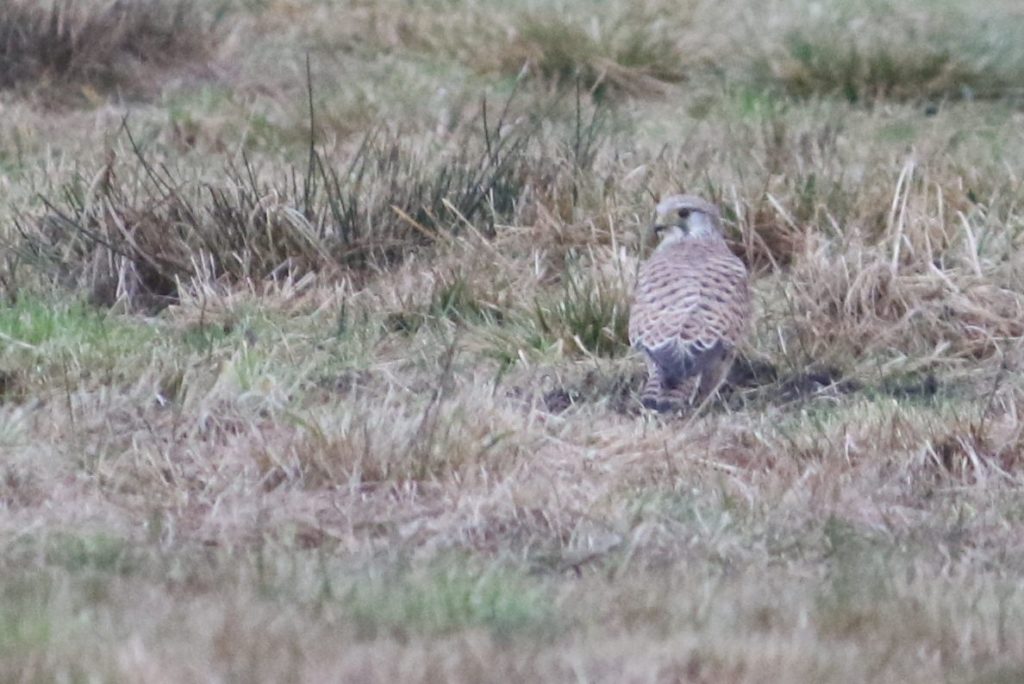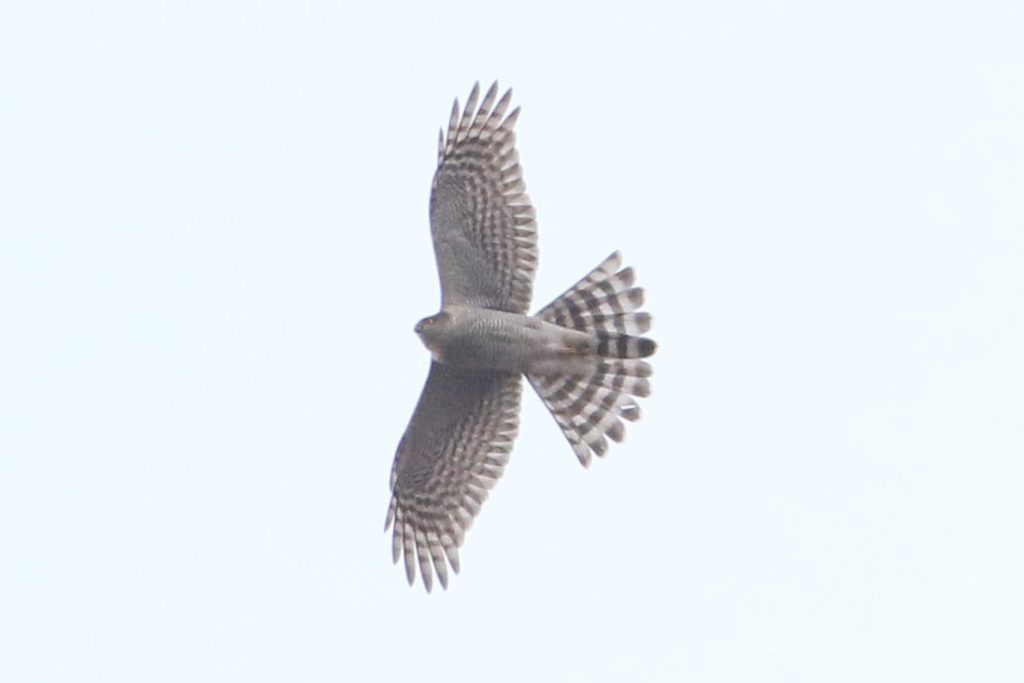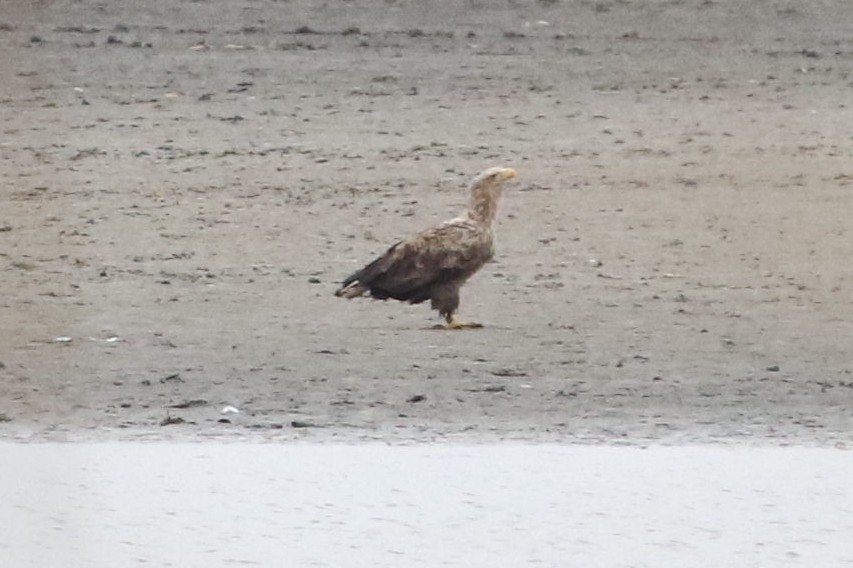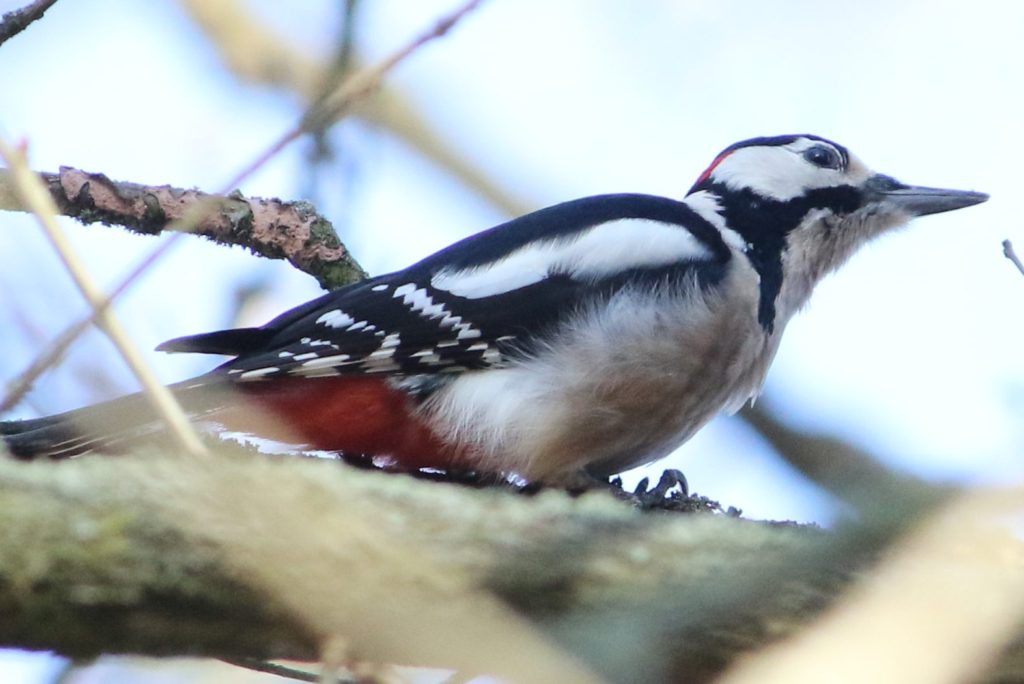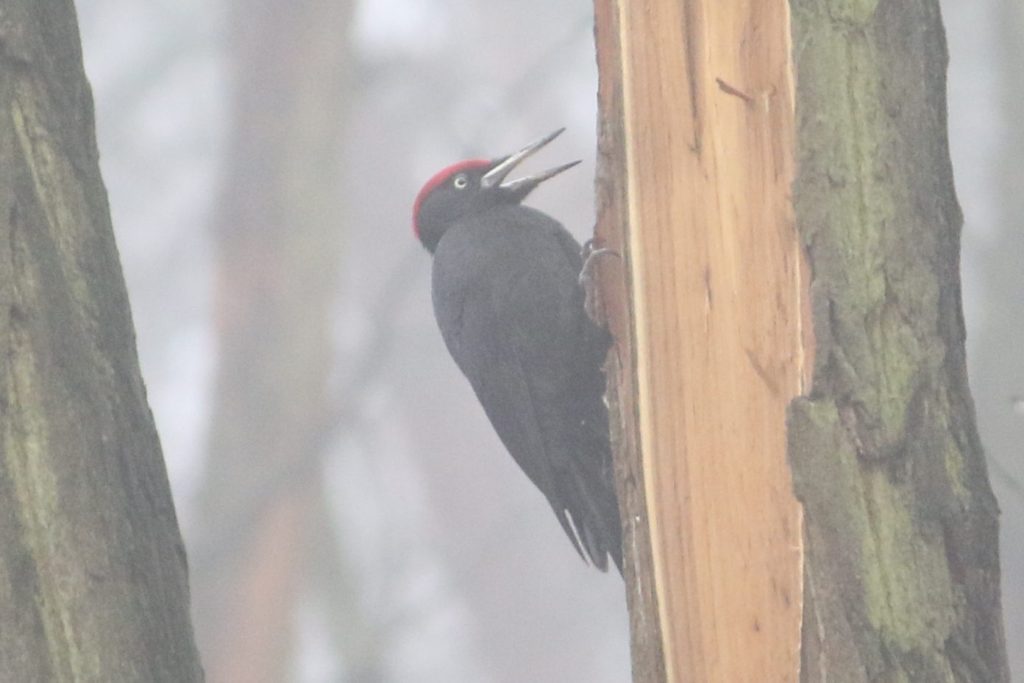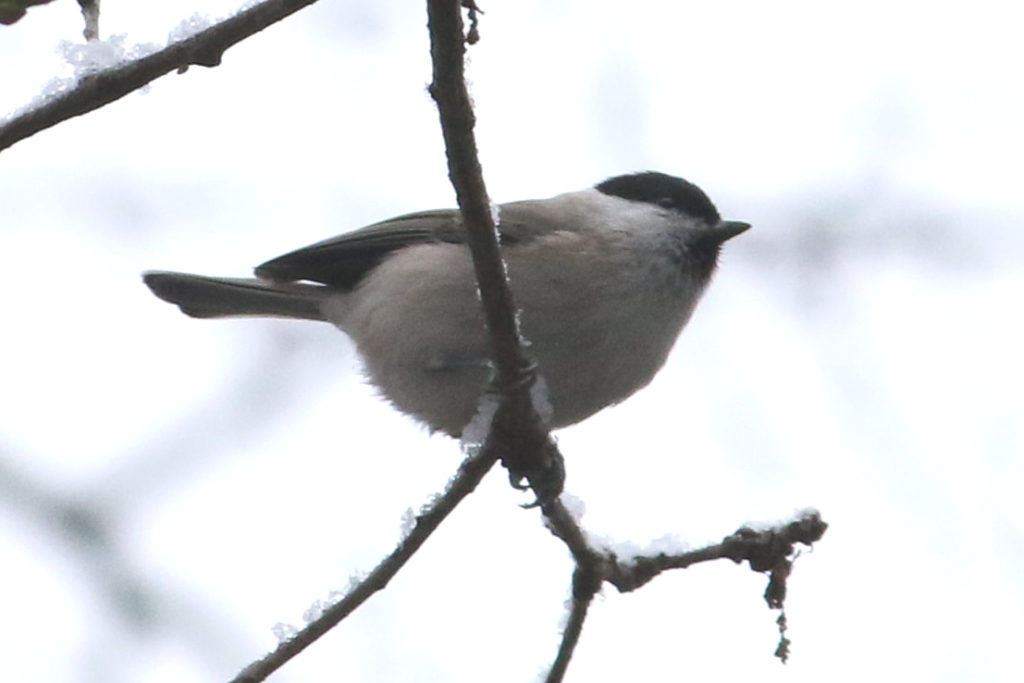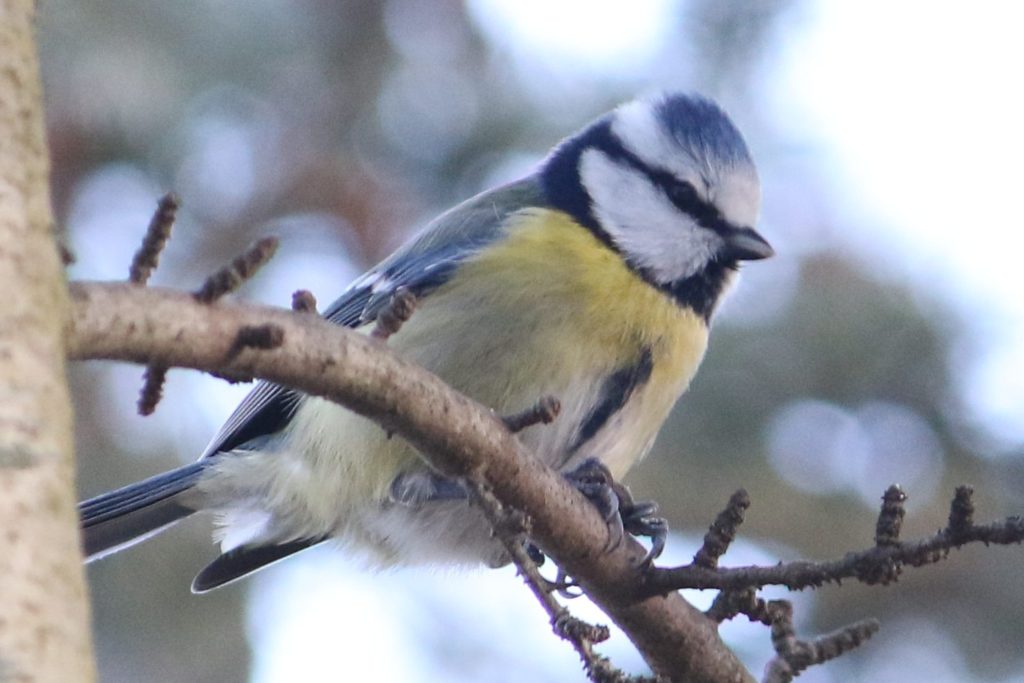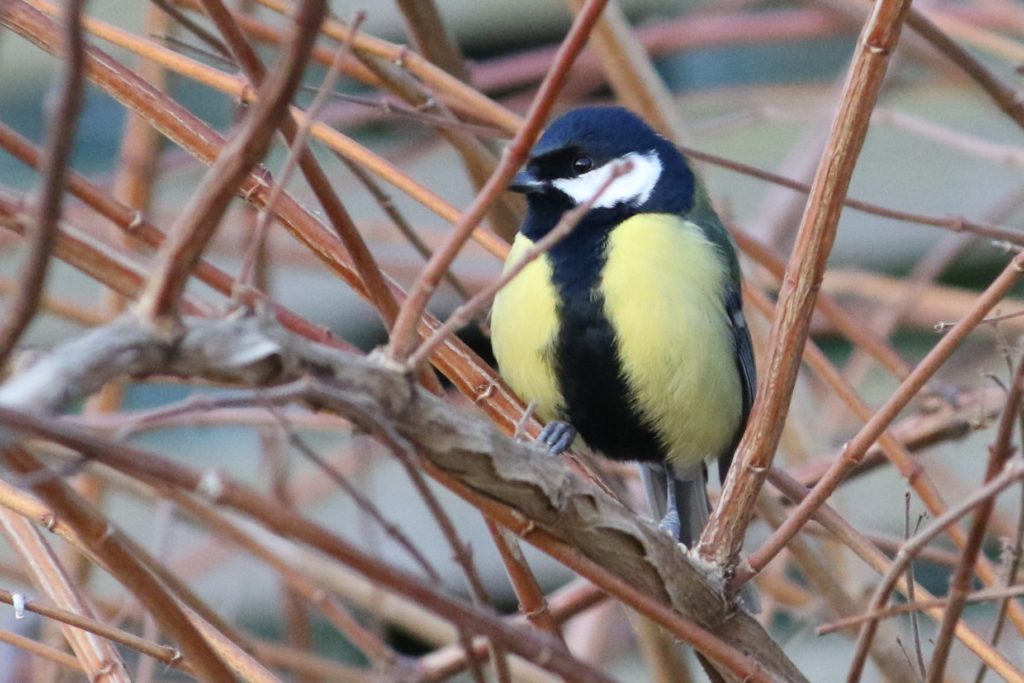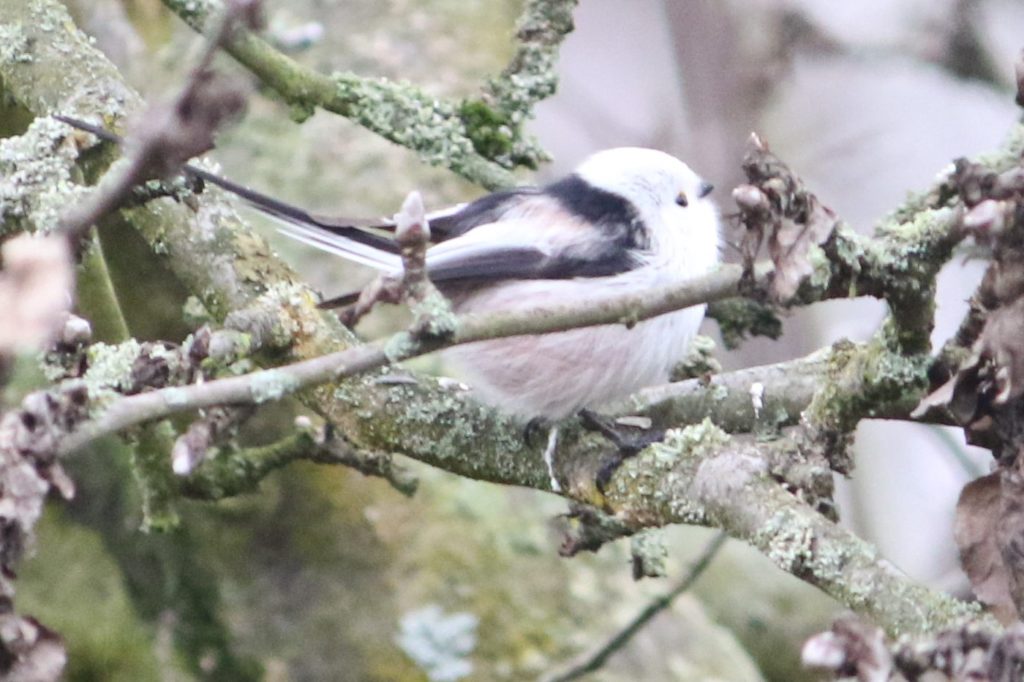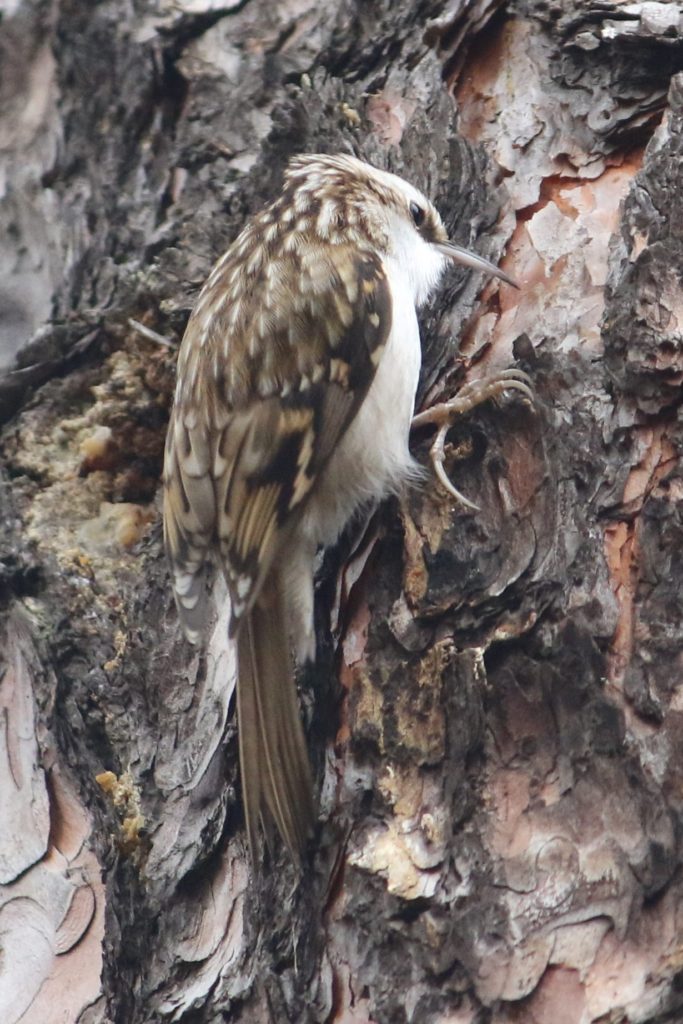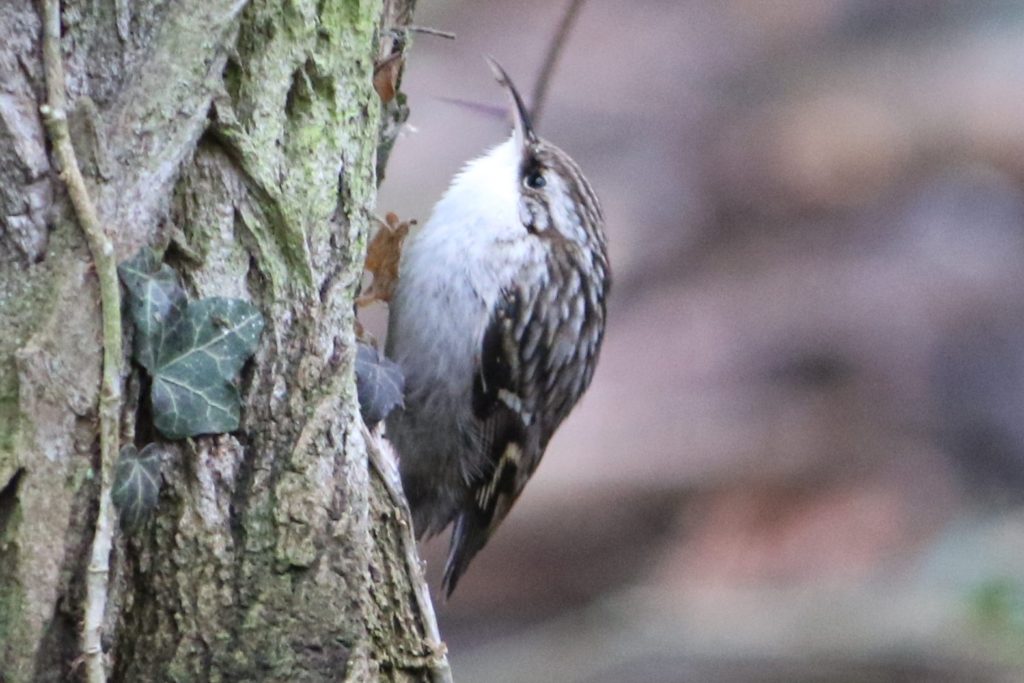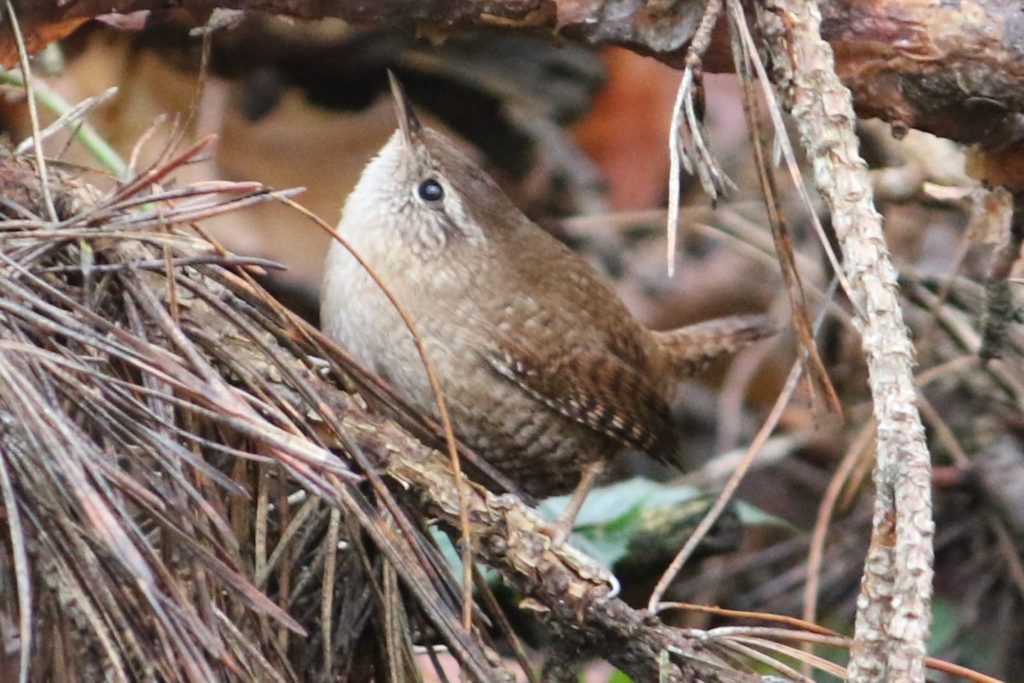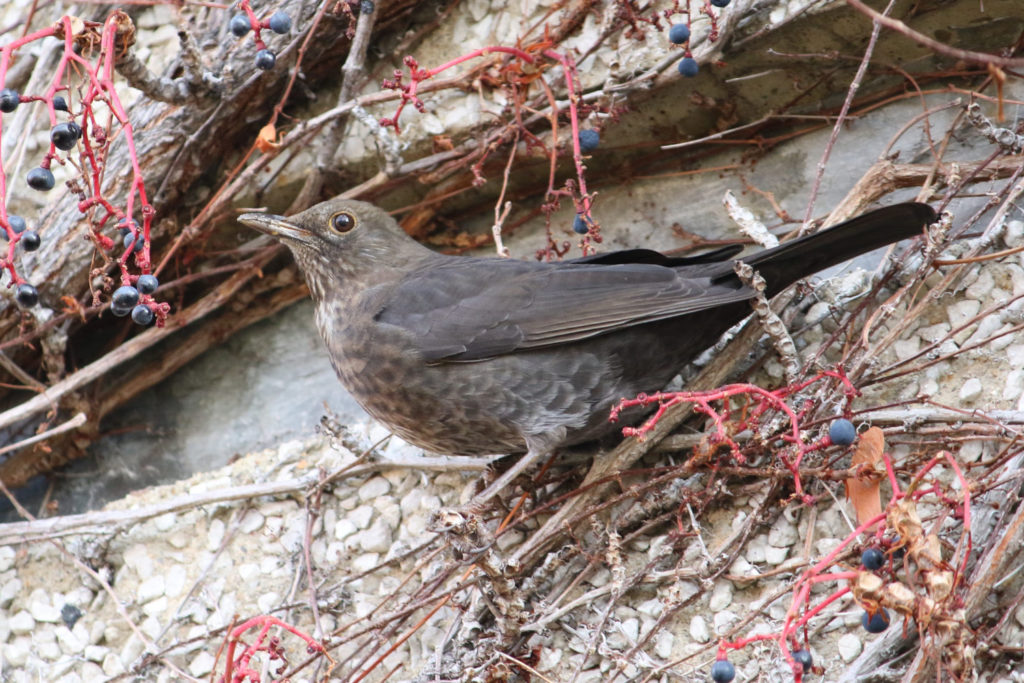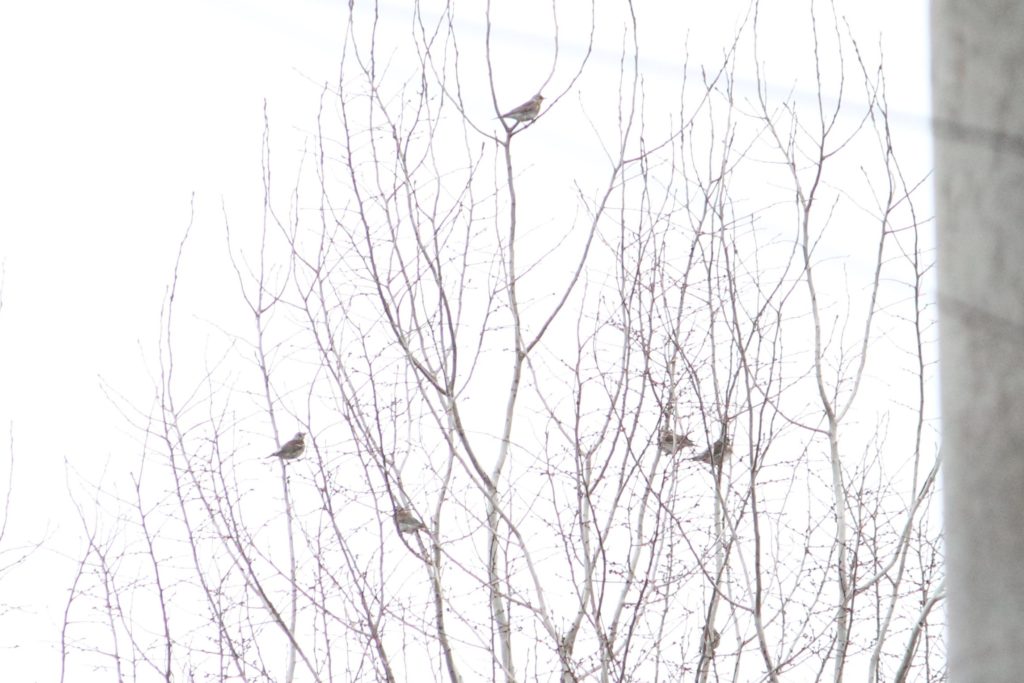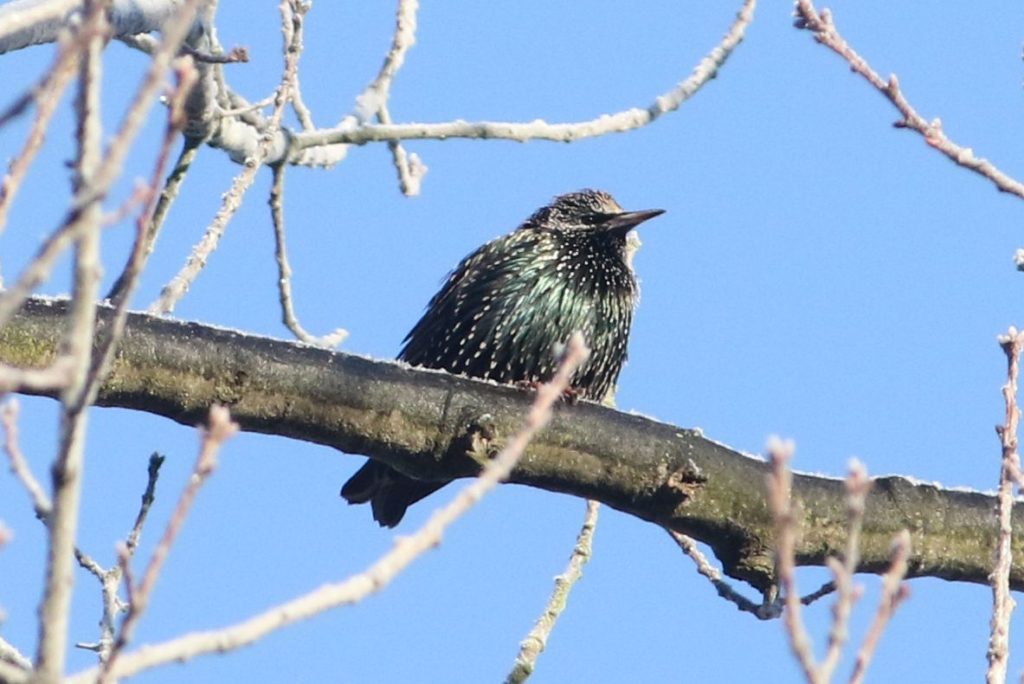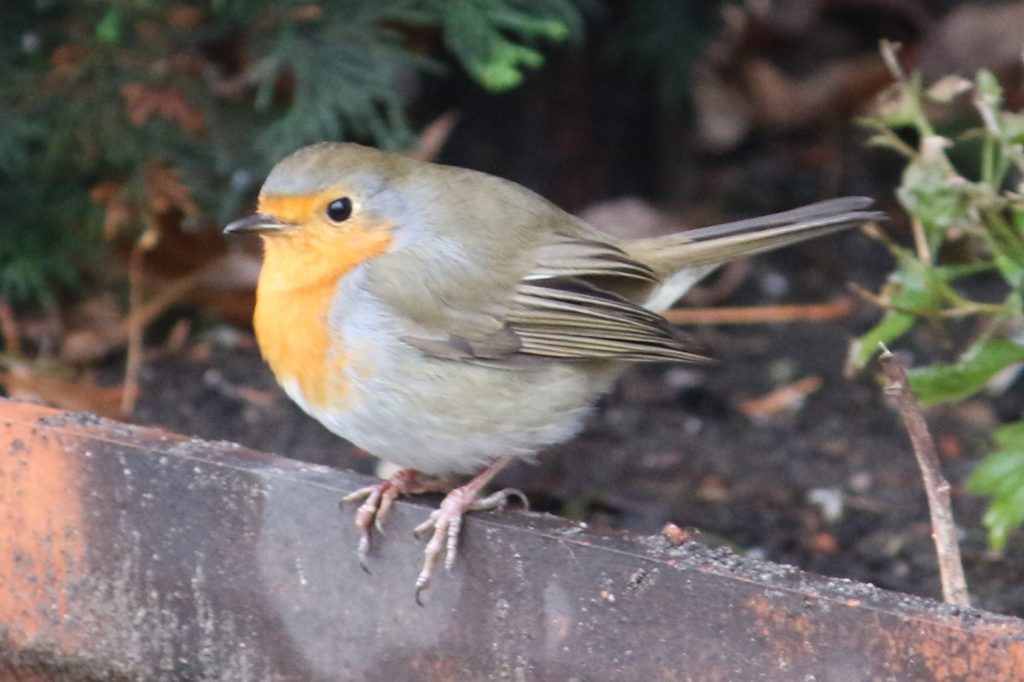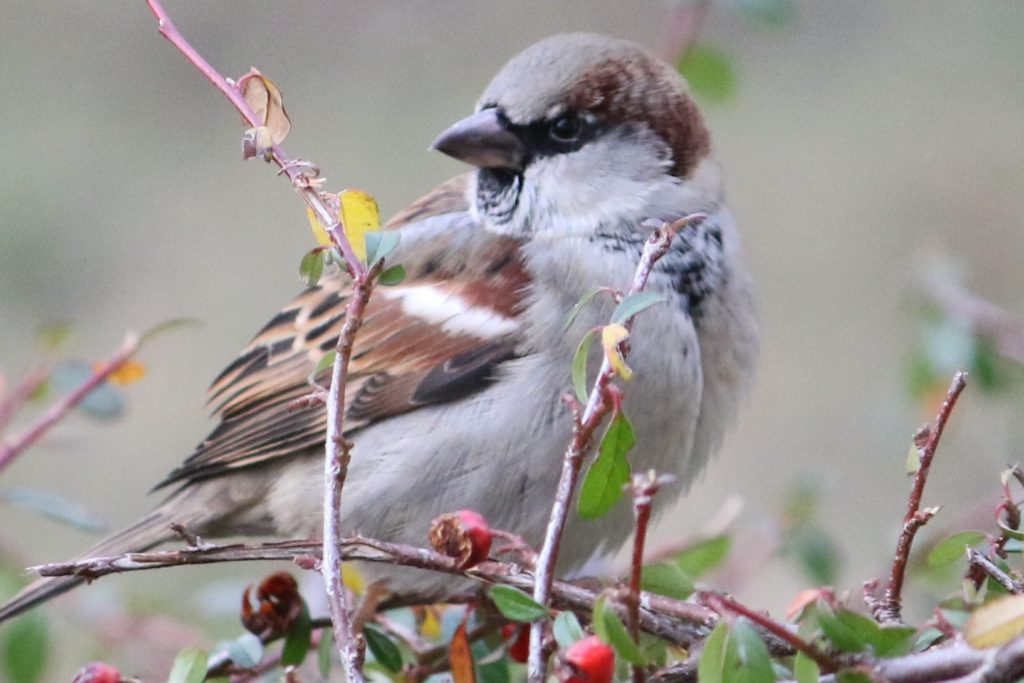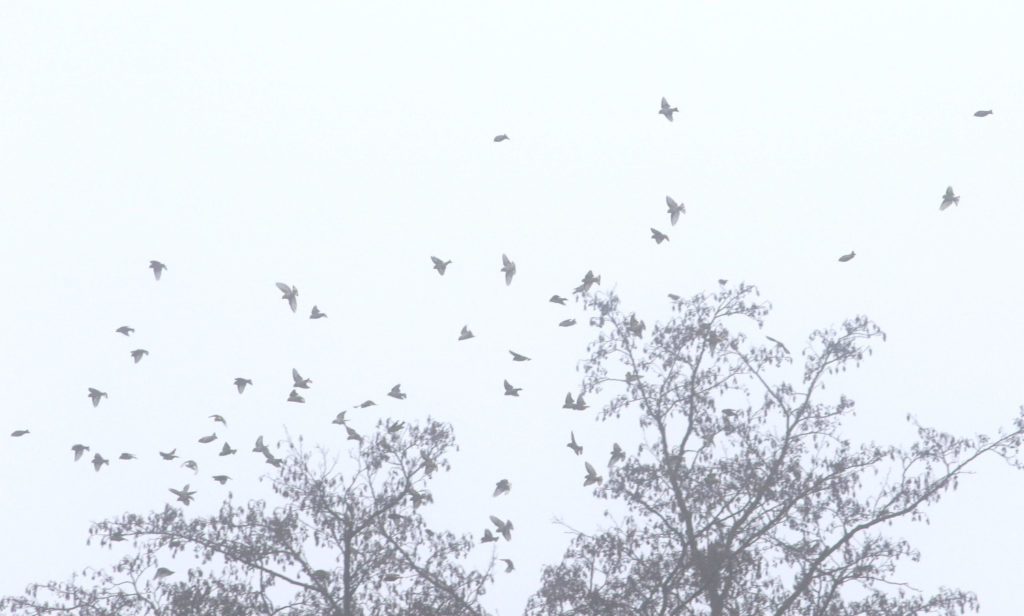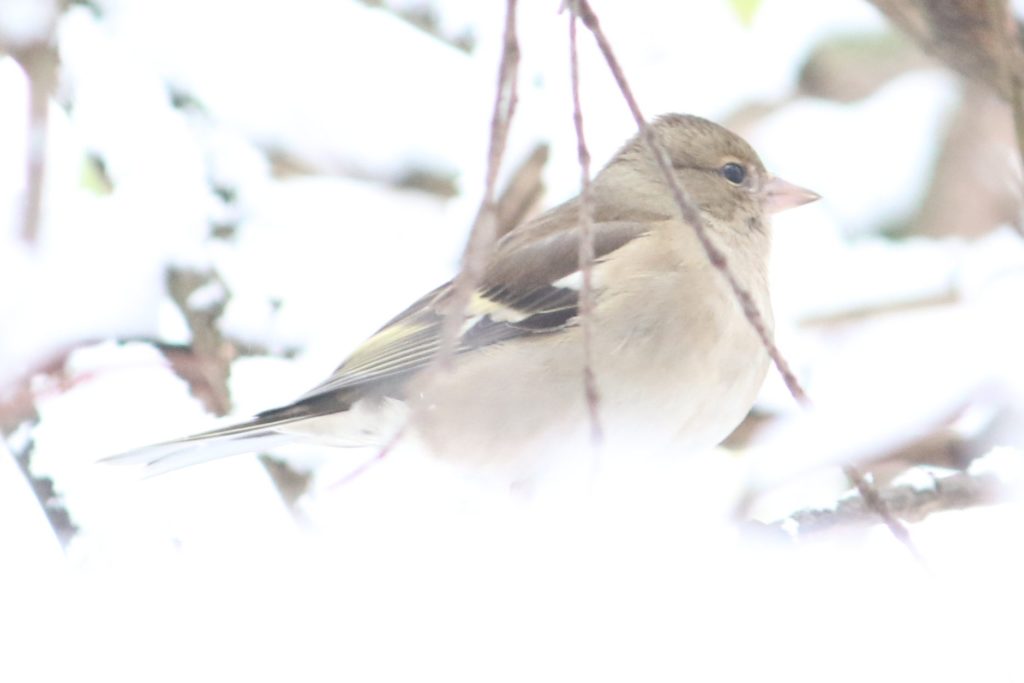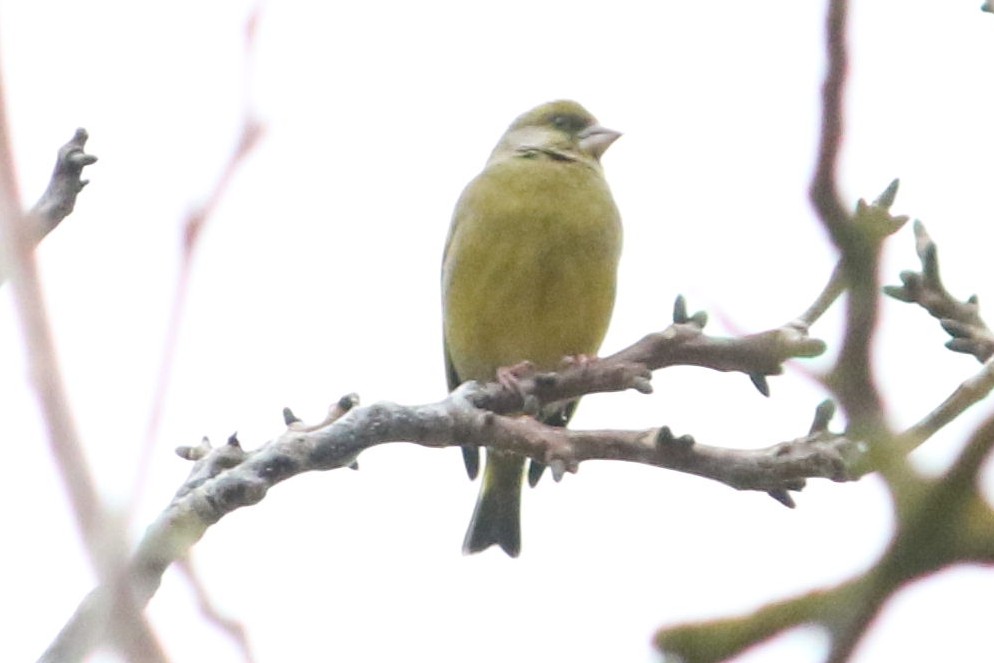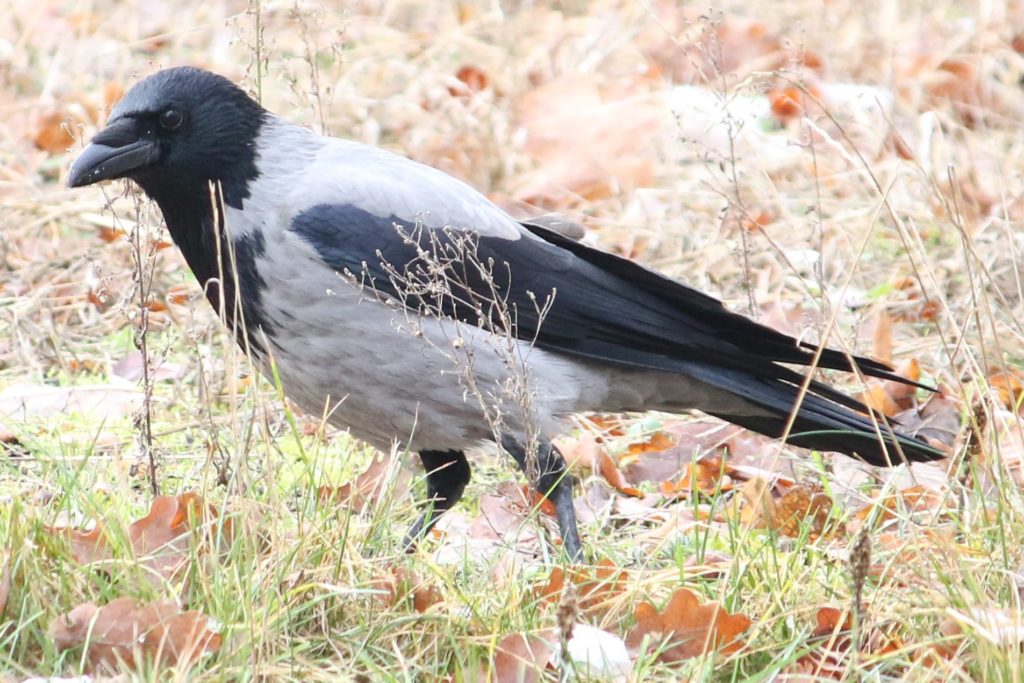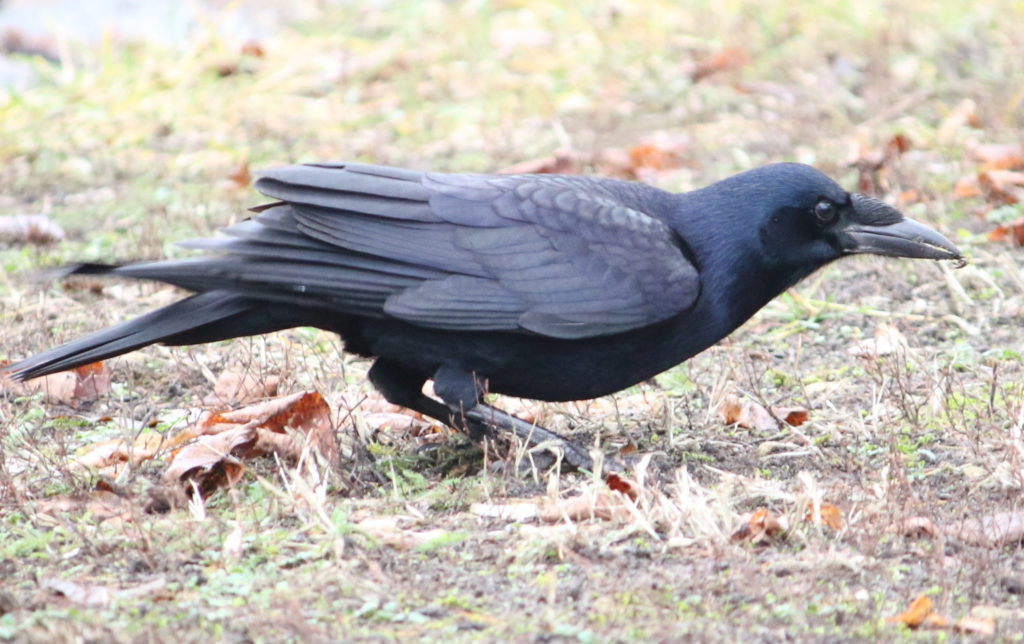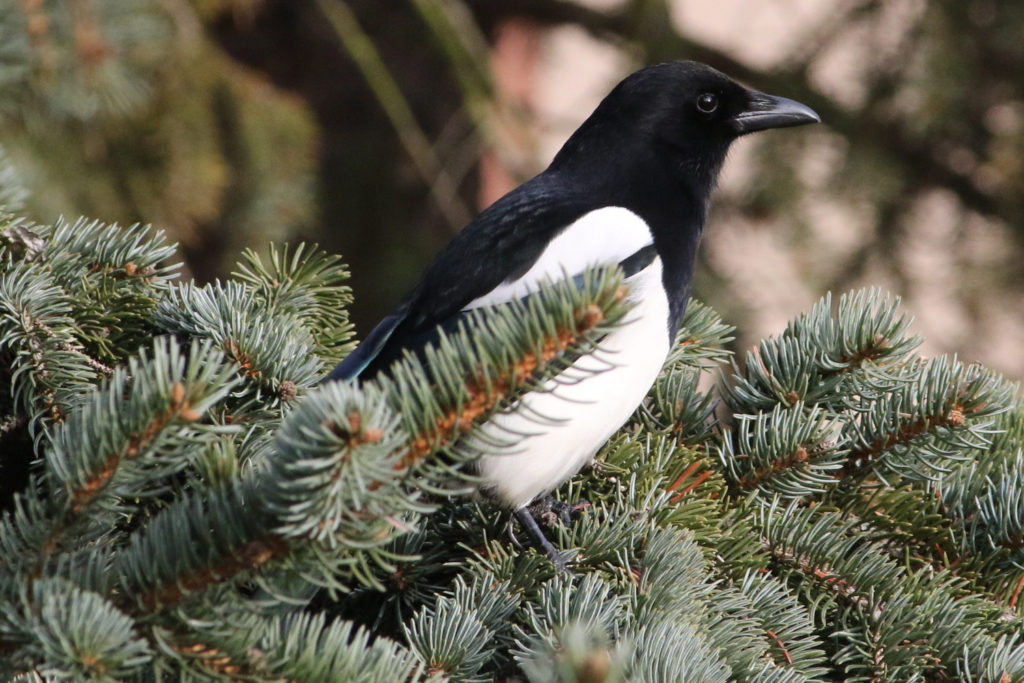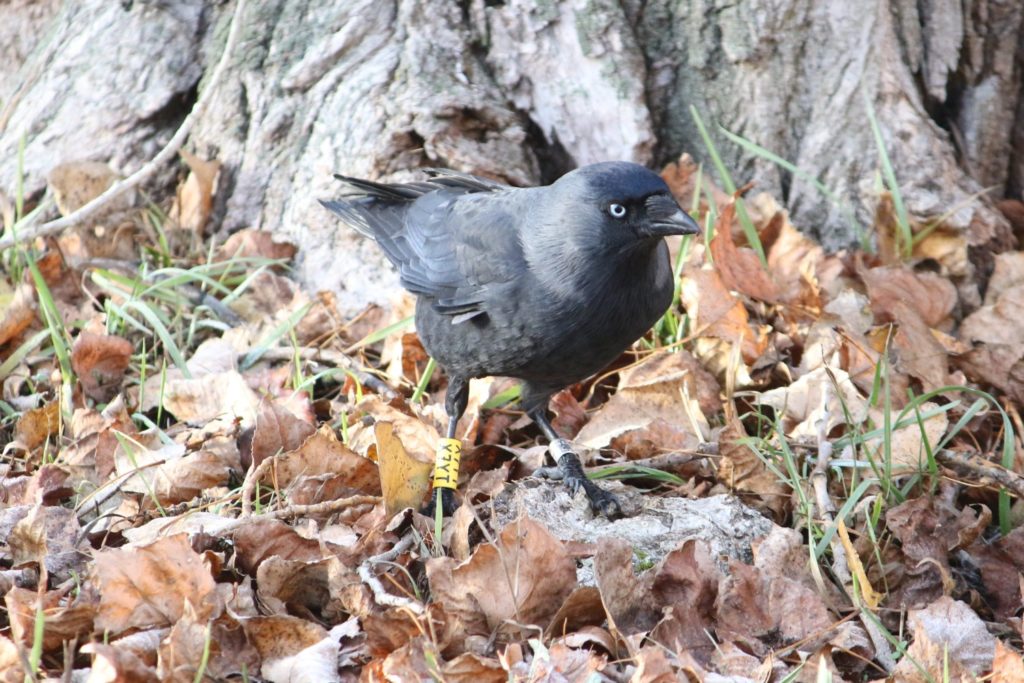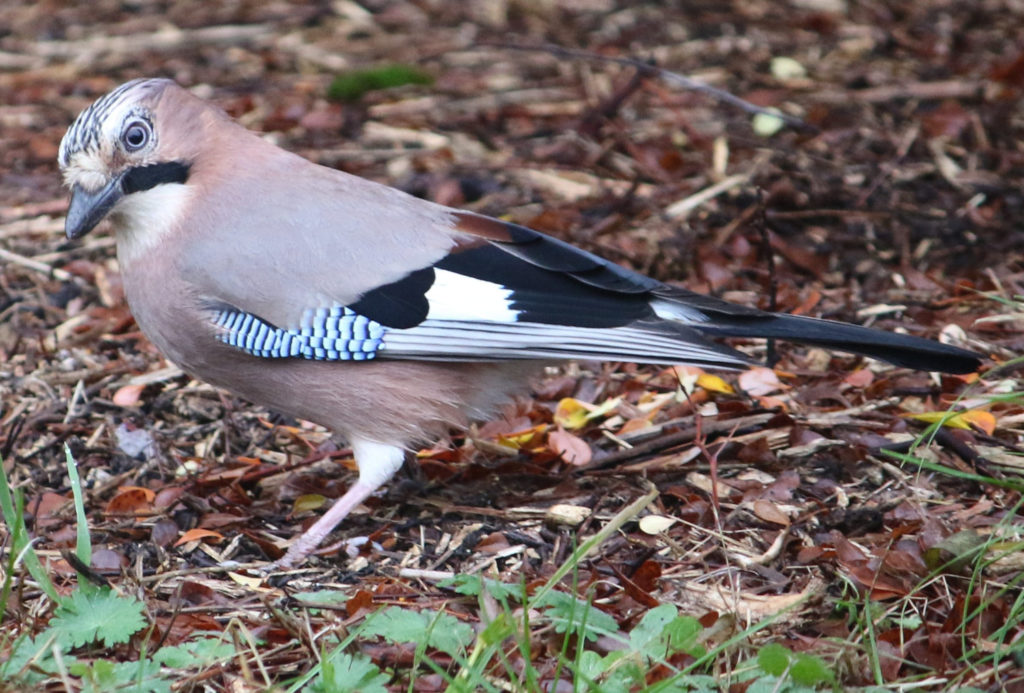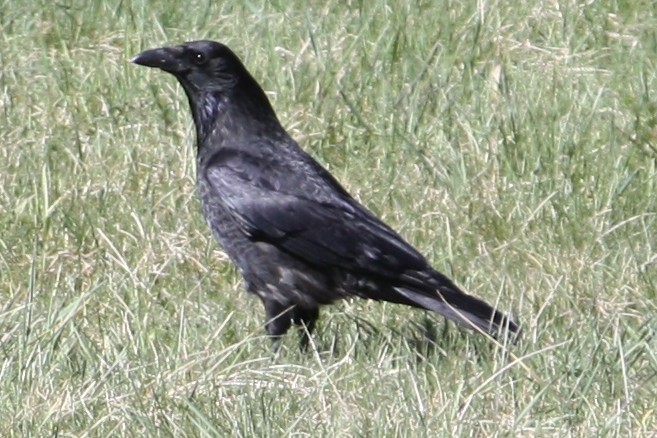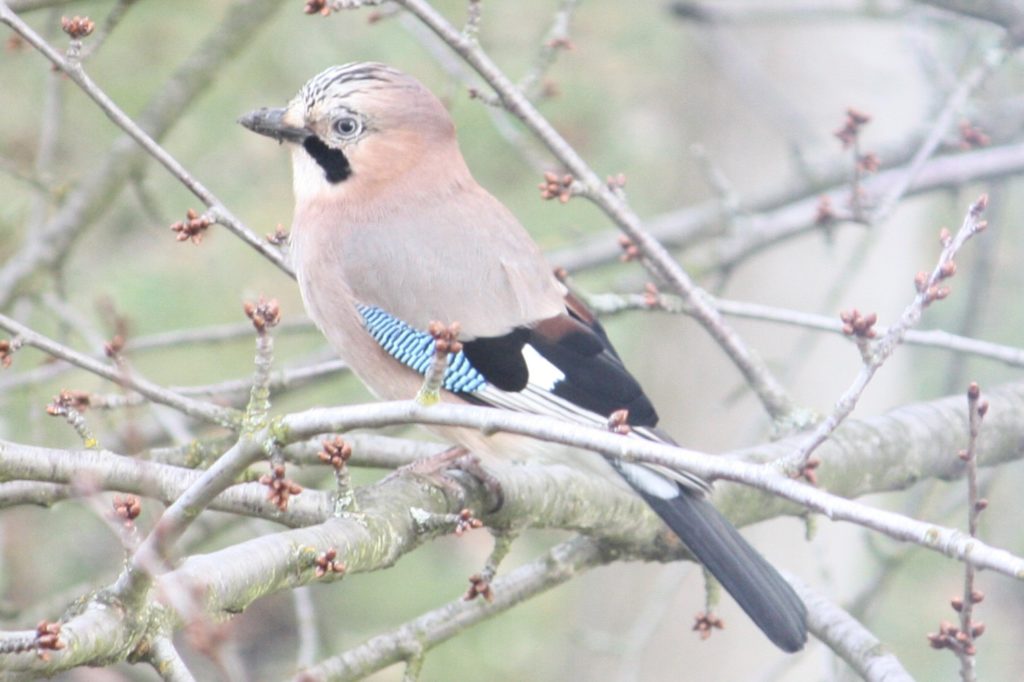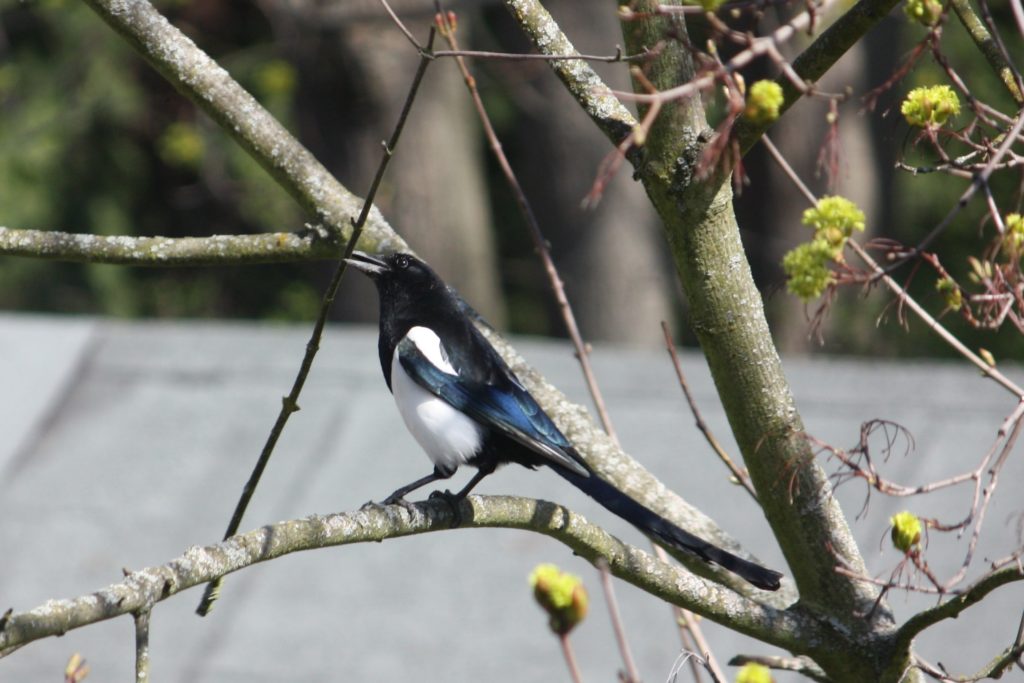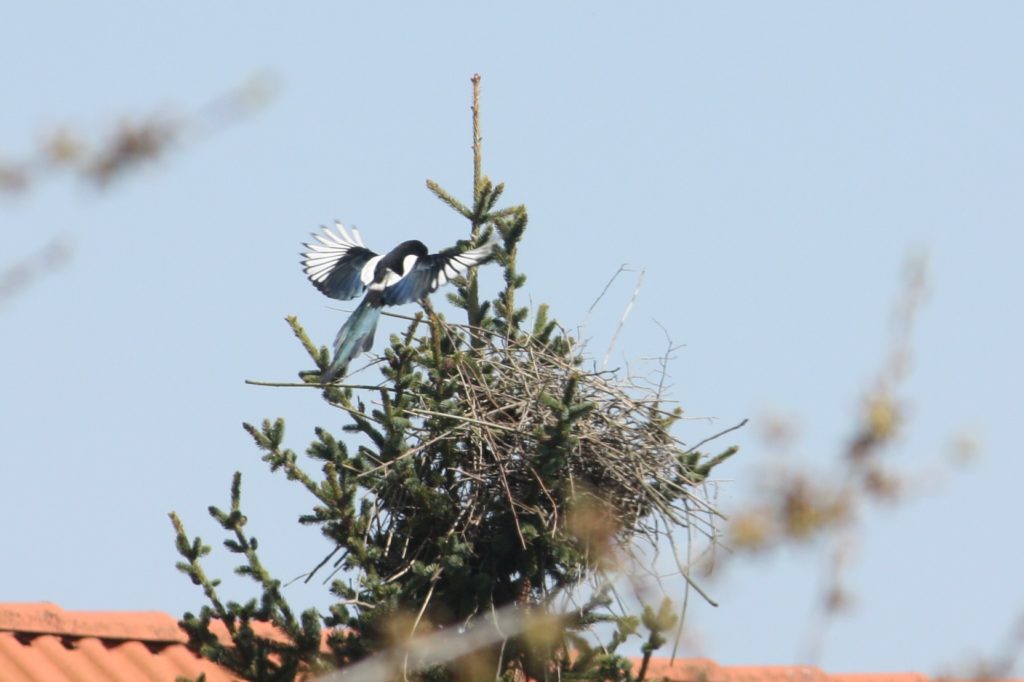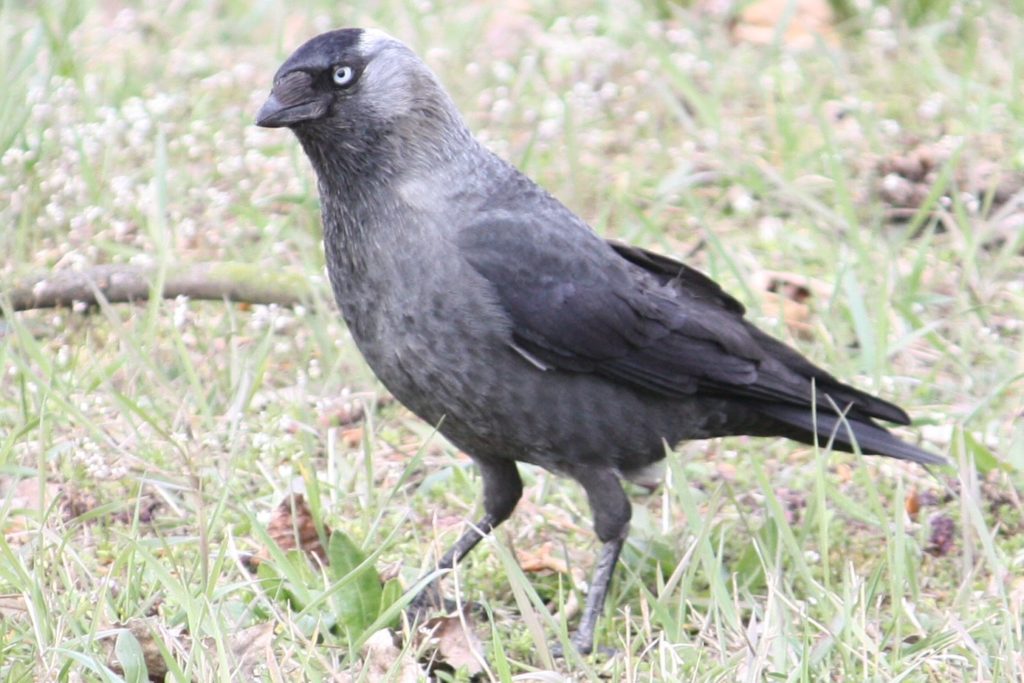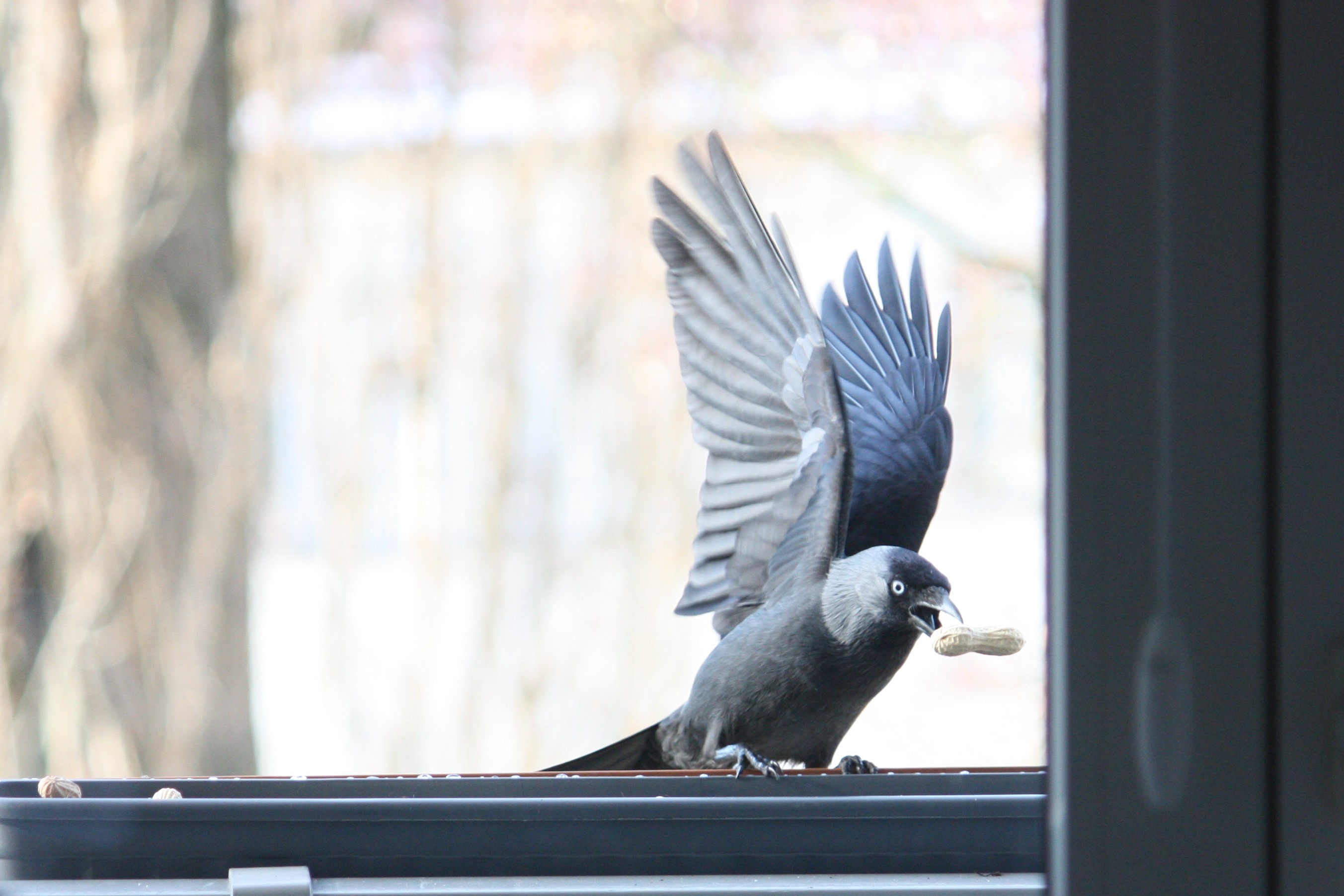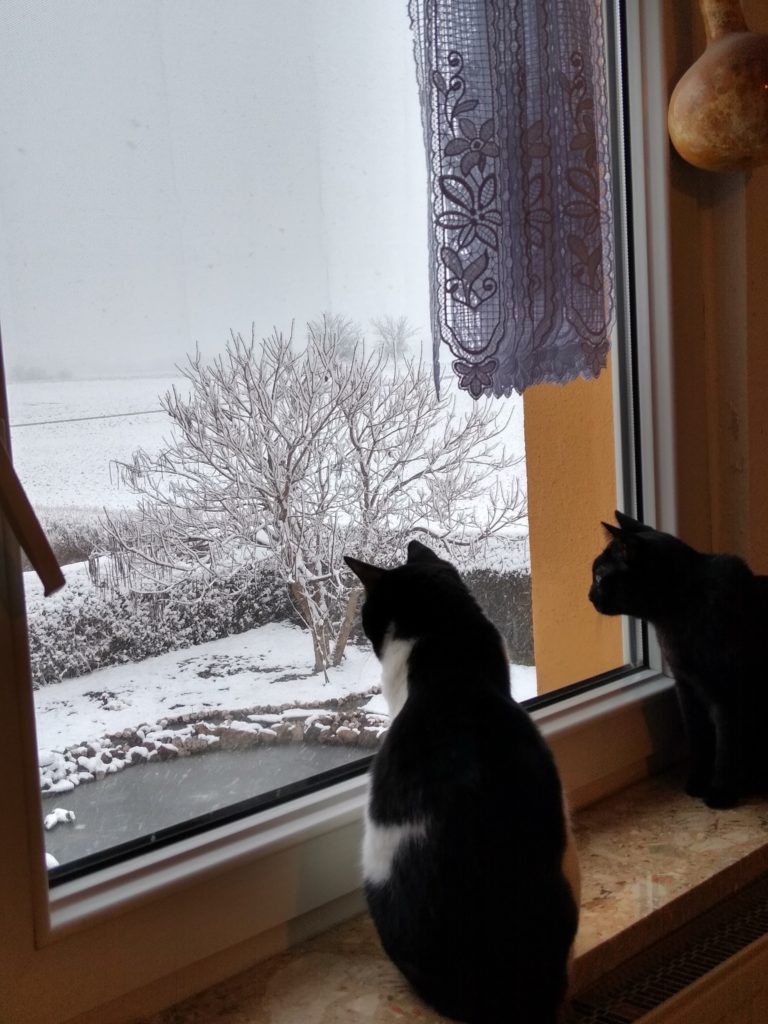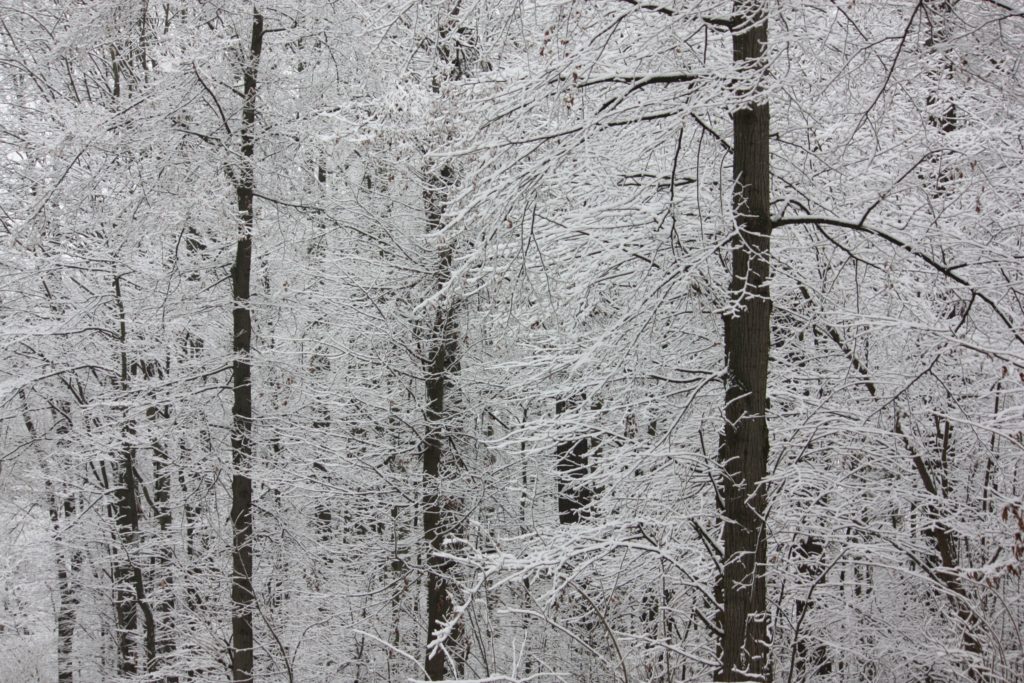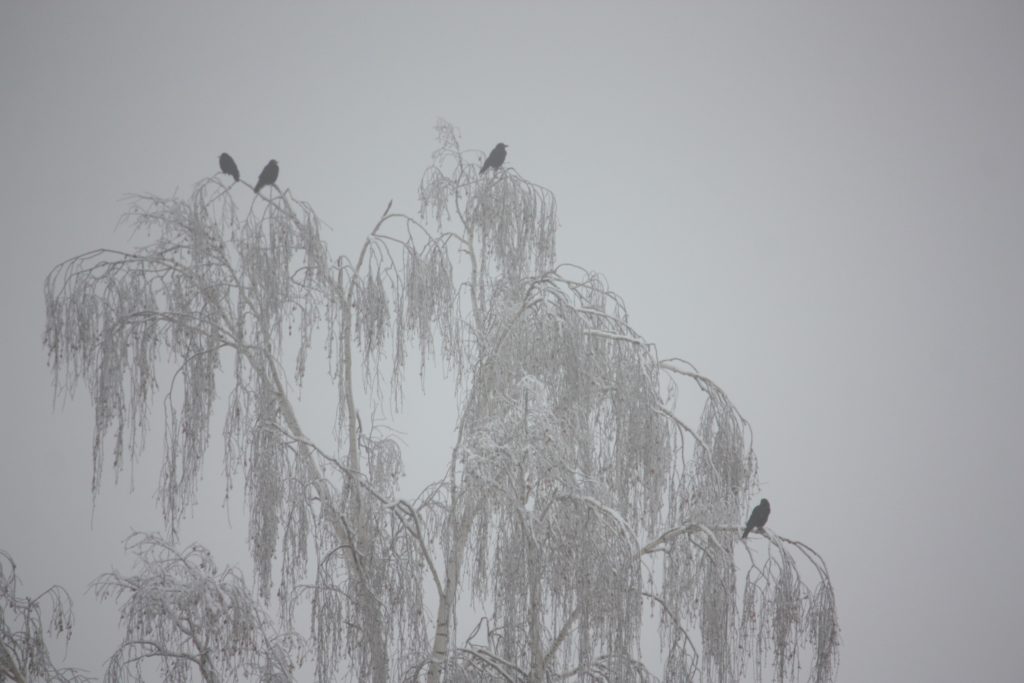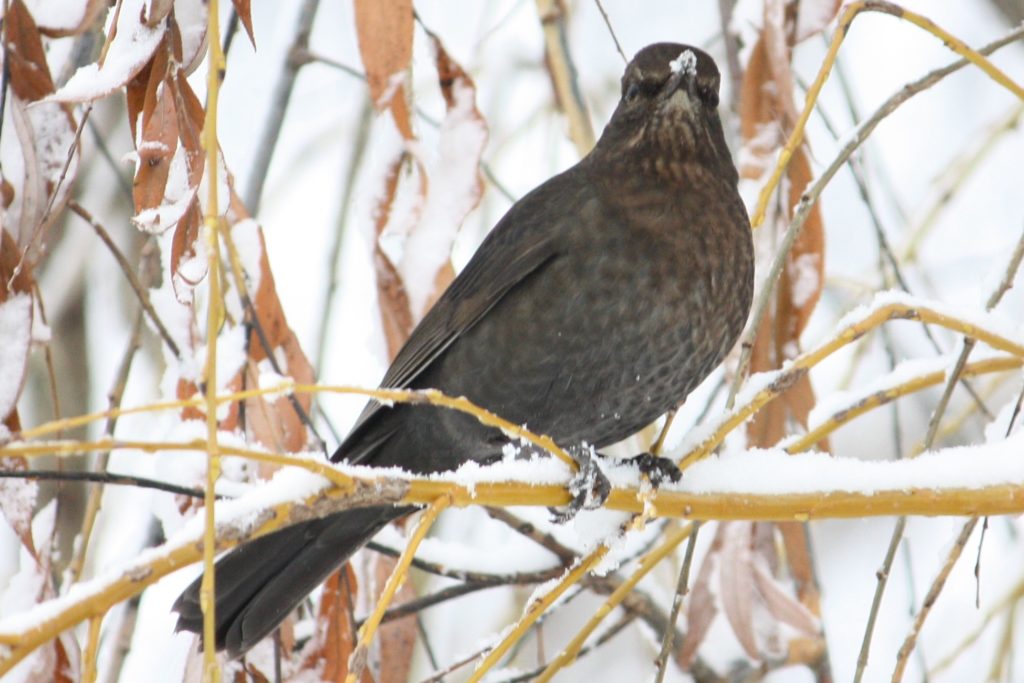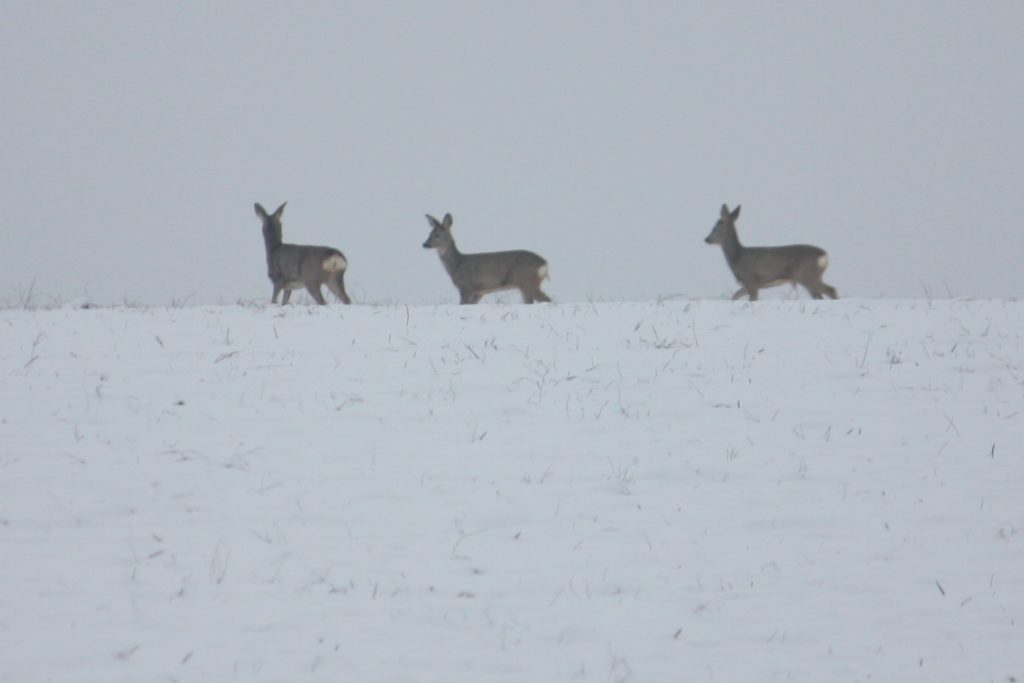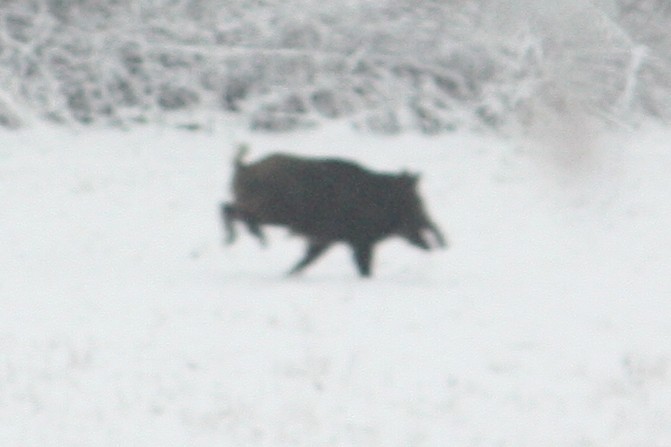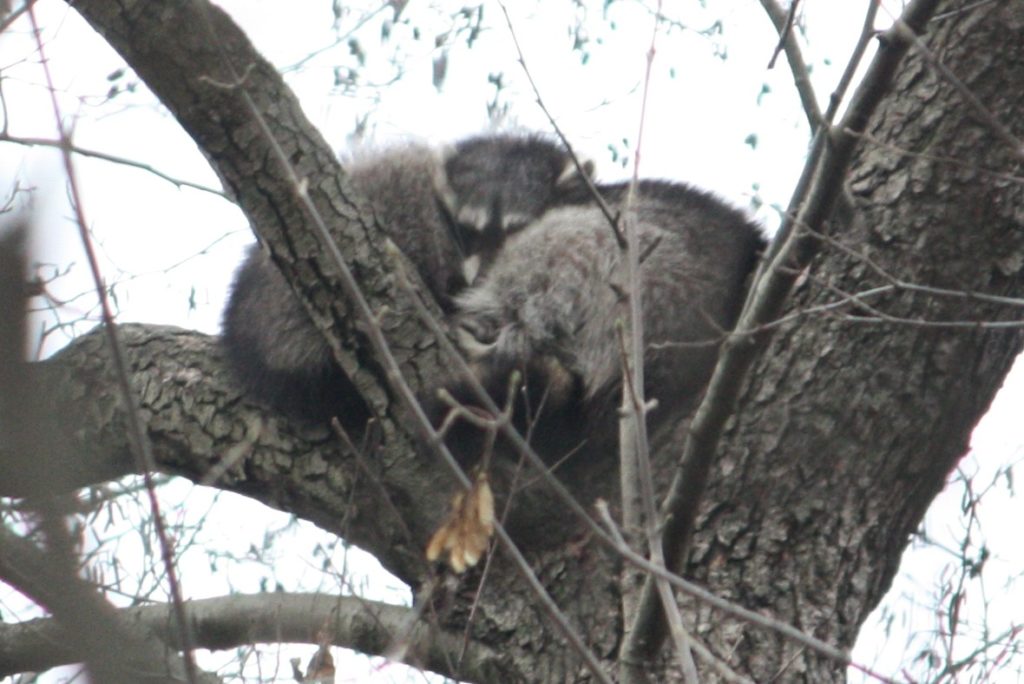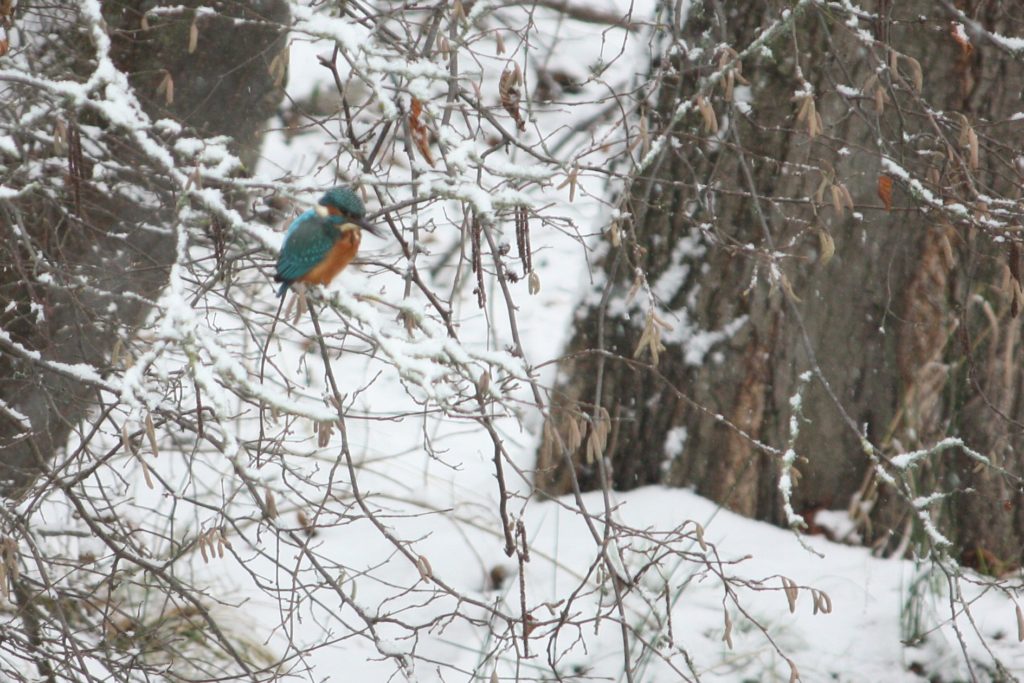I finished a round 60 books in the second half of 2021, exactly half by non-white-males. The other measure I’m starting to keep track of is the number in German — 14 this time.
Short stories
Subtly Worded and Other Stories — Teffi
Where I’m Calling From — Raymond Carver
The Ebony Tower — John Fowles
The Penguin Book of Modern British Short Stories
The Dangers of Smoking in Bed — Mariana Enriquez
Fallensteller — Saša Stanišić
Die Wahrheit über das Lügen — Benedict Wells
The Flicker Against the Light — Jane Alexander
The Penguin Book of Japanese Short Stories — Haruki Murakami and Jay Rubin
365 — James Robertson
I kept up with at least one story a day — actually two a day, as I read one of James Robertson’s 365 online for each day in addition (the last one is excellent: https://three-six-five.net/Stories-And-Music/December/31 ). Wisdom from Raymond Carver:
In addition to being in love, we like each other and enjoy one another’s company.
And gems from Modern British Short Stories:
Wilson — We both agreed then that Rodney Galt was quite awful in most ways but that we rather liked him all the same. This is my usual experience with a great number of people that I meet, but Henry found it more surprising.
Ballard — The white flank of the Shuttle’s hull was a lantern of translucent bone, casting a spectral light over the sombre forest.
Carter — Our pelts were stippled with the fretted shadows of the lace curtains as if our skins were a mysterious uniform provided by the management in order to render all those who made love in that hotel anonymous.
There were some lovely comparisons in The Flicker Against the Light:
her mouth went tight like the opposite of chocolate
The Japanese stories had lots of interesting discoveries, while it was fun to read about a place not completely dissimilar to where I now live in the title story of Fallensteller.
das Dorf bald von einer Entführung sprach, nicht ohne Stolz, dass solche arabischen oder großstädtischen Vorkommnisse auch bei uns möglich waren.
Einige scheinen Bauarbeiter oder Promis zu sein, da im Oktober noch stark braungebräunt.
Non-fiction
Rewild Yourself — Simon Barnes
Das Verborgene Leben der Meisen — Andreas Tjernshaugen
Travels into Bokhara — Alexander Burnes
Sightlines — Kathleen Jamie
Three Ways of Thought in Ancient China — Arthur Waley
The Natural History of Selborne — Gilbert White
Storm in a Teacup: The physics of everyday life — Helen Czerski
The Journals of George Eliot — George Eliot
Simon Barnes’ Rewild Yourself was a good counterpart to my year of nature discovery — some things I’ve already done, some I’m working on, and some for the future. The Natural History of Selborne was tough reading in places — his approach was along the lines of ‘shoot first and observe later’, but it was interesting to compare his own observations with what I’ve seen. It’s full of little nuggets:
Now is the only time to ascertain the short-winged summer birds; for, when the leaf is out, there is no making any remarks on such a restless tribe; and when once the young begin to appear it is all confusion: there is no distinction of genus, species, or sex.
when some years ago many Guernsey lizards were turned loose in Pembroke College garden, in the University of Oxford, they lived a great while, and seemed to enjoy themselves very well, but never bred.
I have frequently remarked that swallows are seen later at Oxford than elsewhere; is it owing to the vast massy buildings of that place, to the many waters round it, or to what else?
A neighbour of mine, who is said to have a nice ear, remarks that the owls about this village hoot in three different keys, in G flat, or F sharp, in B flat and A flat. He heard two hooting to each other, the one in A flat, and the other in B flat.
The same person finds upon trial that the note of the cuckoo (of which we have but one species) varies in different individuals; for, about Selborne wood, he found they were mostly in D: he heard two sing together, the one in D, the other in D sharp, who made a disagreeable concert: he afterwards heard one in D sharp, and about Wolmer Forest some in C.
If any person would watch these birds [swifts] of a fine morning in May, as they are sailing round at a great height from the ground, he would see every now and then, one drop on the back of another, and both of them sink down together for many fathoms with a loud piercing shriek. This I take to be the juncture when the business of generation is carrying on…. When they mute, or ease themselves in flight, they raise their wings, and make them meet over their backs.
it does not appear from experiment that bees are in any way capable of being affected by sounds; for I have often tried my own with a large speaking-trumpet held close to their hives, and with such an exertion of voice as would have hailed a ship at the distance of a mile, and still these insects pursued their various employments undisturbed, and without showing the least sensibility or resentment.
A good ornithologist should be able to distinguish birds by their air as well as by their colours and shape, on the ground as well as on the wing, and in the bush as well as in the hand. For, though it must not be said that every species of birds has a manner peculiar to itself, yet there is somewhat in most genera at least, that at first sight discriminates them, and enables a judicious observer to pronounce upon them with some certainty.
during these two Siberian days, my parlour cat was so electric, that had a person stroked her, and been properly insulated, the shock might have been given to a whole circle of people.
Here’s another nature-watcher, Kathleen Jamie, on silence and teenagers:
a mineral silence which presses powerfully on our bodies, coming from very far off. It’s deep and quite frightening, and makes my mind seem clamorous as a goose.
For a few years they’ll enter a dark mirror-tunnel whose sides reflect only themselves.
George Eliot’s Journals were rather a curate’s egg, with plenty of longueurs, but also wonderful views of her and Lewes being bored by Wagner, going rock-pooling, comparing sales figures with the Brontës’, and ploughing their way through the library.
SF/F
Vagabonds — Hao Jingfang
Station Eleven — Emily St. John Mandel
Memoirs of a Spacewoman — Naomi Mitchison
The House of Shattered Wings — Aliette de Bodard
Surface Detail — Iain M. Banks
The Dream Archipelago — Christopher Priest
Der satanarchäolügenialkohöllische Wunschpunsch — Michael Ende
Parable of the Sower — Octavia E. Butler
A Stranger in the Citadel — Tobias S. Buckell
Blindness — José Saramago
The Handmaid’s Tale — Margaret Atwood
The Sandman Vol. 5: A Game of You — Neil Gaiman
I was really excited by the idea of Vagabonds, but the reality was some of the worst writing I’ve ever come across:
Thinking about everyone who had spoken with him about his film, Eko felt like a pedestrian standing still on a median, surrounded by busy lanes of rushing traffic. He didn’t care about the opinions of the other delegates, because they were like arrows aimed at the wrong target. The useless suggestions formed a constricting lasso around him, but his interest was like a soap bubble caught by the lasso, expanding in a different dimension even as the lasso tightened.
“It’s all because he picked the right mentor. I think the mentor was just promoted to be a system director recently, and his project has ironclad funding for the future. He really likes Martin and asked him to be in charge of several key simulations. Martin’s citation rate skyrocketed, which allowed him to be promoted over several researchers with much more seniority.”
In the sky, strange planets lit up one after another, like abstract pencil sketches.
Coincidentally, three of these books — Station Eleven, Blindness, and Parable of the Sower — were about societal collapse during or in the wake of pandemics; apply comparison here. I very much liked the first two, especially the hypnotic quality of Blindness:
I don’t think we did go blind, I think we are blind, Blind but seeing, Blind people who can see, but do not see.
Station Eleven had its lighter moments:
They’d all seen the post-apocalyptic movies with the dangerous stragglers fighting it out for the last few scraps. Although actually when she thought about it, Annette said, the post-apocalyptic movies she’d seen had all involved zombies. “I’m just saying,” she said, “it could be much worse.”
Memoirs of a Spacewoman was quite an experience:
But meat-eating did make the jackals less pleasant to talk to than the dogs, though they were just as intelligent and perhaps rather more original-minded. The hyaena was intelligent too, and could be communicated with; leopards tended to be perpetually otherwhere.
Reading The Handmaid’s Tale was very much influenced by having seen the series, but there were some lovely linguistic touches:
The sitting room is subdued, symmetrical; it’s one of the shapes money takes when it freezes.
an aging bass baritone, his cheeks like emptied udders
her long broom-coloured hair [although I suspect I’m misunderstanding the “broom”, I prefer my interpretation]
Surface Detail had aliens suspiciously similar to people I know:
When he’d been a student he had assumed he could do this because he was just so damn smart and basically already knew pretty much all they were trying to teach him. Later, during seemingly endless committee sessions, he’d accepted that a lot of what passed for useful information-sharing within an organisation was really just the bureaucratic phatic of people protecting their position, looking for praise, projecting criticism, setting up positions of non-responsibility for up-coming failures and calamities that were both entirely predictable but seemingly completely unavoidable, and telling each other what they all already knew anyway. The trick was to be able to re-engage quickly and seamlessly without allowing anyone to know you’d stopped listening properly shortly after the speaker had first opened their mouth.
A Game of You was probably the best Sandman I’ve read so far; despite being essentially one big dream sequence, it avoids the arbitrariness that they often fall into.
Crime
The Silver Swan — Benjamin Black
Knots and Crosses — Ian Rankin
Hm. Still not a huge fan of crime fiction.
Gutenberging
Modern Greek Folklore and Ancient Greek Religion — John Cuthbert Lawson
More details on this one in my earlier post: http://chinese-poems.com/blog/?p=2203
Poetry
Begin Again: Poems by Gracey Paley — Grace Paley
On Love and Barley — Matsuo Bashō
Shakespeare’s Sonnets — William Shakespeare
Purgatory — Alasdair Gray
I much prefer Paley’s stories to her poems, but this had plenty of enjoyable moments:
there is a plan being made
in that small apartment
TO BE GOOD AND HAPPY FOREVER
The fact is this can be successful
if it starts late enough in life
I am especially open to sadness and hilarity
since my father died as a child
one week ago in this his ninetieth year
It is the poet’s responsibility to learn the truth from the
powerless
And all of Hand-Me-Downs and Walking in the Woods, here: https://persimmontree.org/summer-2007/ten-poems/
Bashō’s haikus don’t always come over well in translation, but there were some very striking ones:
Clouds — a chance to dodge moon-viewing.
Skylark sings all day, and day not long enough.
Snowy morning — one crow after another.
The Sonnets were much weirder than I’d expected — the first group were by some way the least enjoyable, so it took me a while to get into them, but the Arden edition’s annotations were very helpful. Gray’s non-boring version of Dante continues, and I’m looking forward to Paradise.
Literature
Birdcage Walk — Helen Dunmore
Gehen Ging Gegangen — Jenny Erpenbeck
Drive Your Plow Over the Bones of the Dead — Olga Tokarczuk
A Change of Climate — Hilary Mantel
Das Haus der glücklichen Alten — Valter Hugo Mãe
The Magic Toyshop — Angela Carter
In Zeiten des abnehmenden Lichts — Eugen Ruge
Secrecy — Rupert Thomson
Engleby — Sebastian Faulkes
Schäfchen im Trockenen — Anke Stelling
The Third Man — Graham Greene
Der Sommer der Schmetterlinge — Adriana Lisboa
Spring — Ali Smith
The Butt — Will Self
Archipel — Inger-Maria Mahlke
Stephen Hero — James Joyce
Mein Deutscher Bruder — Chico Buarque
Blaue Frau — Antje Rávik Strubel
Adas Raum — Sharon Dodua Otoo
Pointed Roofs — Dorothy M. Richardson
A Way in the World — V. S. Naipaul
Die Ausgewanderten — W. G. Sebald
Bellwether — Connie Willis
Drive Your Plow Over the Bones of the Dead was great fun, an anti-detective, environmentalist novel with a memorable protagonist you want to spend time with.
For some time I shared my bed with a Catholic, and nothing good came of it.
They were more human than people in every possible way. More affectionate, wiser, more joyful.
The fact that we don’t know what’s going to happen in the future is a terrible mistake in the programming of the world. It should be fixed at the first opportunity.
Stephen Hero was no Portrait of the Artist, but there are some great lines:
The young men in the college regarded art as a continental vice
Stephen gazed at the idea-proof young man
A spiritual interpretation of a landscape is very rare. Some people think they write spiritually if they make their scenery dim and cloudy.
I do not idealise the girls I see every day. I regard them as marsupials.
Civilisation may be said indeed to be the creation of its outlaws
Who taught you to drink pints of plain porter, might I ask? Is that considered the proper thing for an … artist to do?
Angela Carter writing the uncanny:
Her carved eyeballs stared back at them with the uncanny blindness of statues, who seem always to be perceiving another dimension, where everything is statues.
I loved Das Haus der glücklichen Alten — emotionally devastating, satirical, but also very amusing about life, fascist Portugal, and especially age:
als hätte ich wütende Katzen in den Knochen
Wir haben am Ende mit dem schrecklichsten Tier zu tun, dem Tier in uns, mit der Bestie, die wir selber sind. Die entscheidet, dass der Moment gekommen ist, in dem unsere Sinne allmählich abgeschaltet werden, und die entscheidet, wie und wann wir welchen Schmerz oder welchen Wahnsinn erleiden müssen…. alt sein heisst, gegen den Körper zu leben. Die widerliche Bestie, die wir sind und die uns nicht mehr erträgt.
In Zeiten des abnehmenden Lichts was another great discovery, thanks to parents-in-law; a big story of people living their lives in and after the DDR-period. Blaue Frau and Adas Raum were contrasting, but equally exciting German-women discoveries. Die Ausgewanderten had a great almost-Austrian gloom:
Der Hemdkragen war ihm um seinen faltigen Hals, der wie der mancher Federtiere oder einer Schildkröte harmonikaartig aus- und einfahren konnte, zu weit geworden
nichts war für mich, seit ich einmal in München gewesen war, so eindeutig mit dem Wort Stadt verbunden wie Schutthalden, Brandmauern und Fensterlöcher, durch die man die leere Luft sehen konnte.
Meanwhile, Mein Deutscher Bruder included someone trying to read Sebald:
das Kapitel nahm keine Ende. Es waren Seiten und Seiten eines einzigen Absatzes, und ich konnte nicht mehr mittendrin aufhoeren
Twitter, of all places, introduced me to Dorothy M. Richardson:
She loathed women. They always smiled. All the teachers had at school, all the girls, but Lilla. Eve did . . . maddeningly sometimes . . . Mother … it was the only funny horrid thing about her.
Did she want to tell anybody? To come out into the open and be helped and have things arranged for her and do things like other people? No….
There are no rules for English pronunciation, but what is usual at the University of Oxford is decisive for cultured people
I’m looking forward to the rest of the series.
Next
I managed most of what I’d planned this time, but non-Shakespearean plays (Ibsen? Strindberg?), volume 2 of Parfit’s On What Matters and Max Porter are still to do. There are a lot of other things I want to fit in: Eliot’s poetry, three German books a month, finishing the Culture read-through … my planning spreadsheet currently has 66 books, which might be a tall order! Some of them are also very long: Tokarczuk’s Books of Jacob (992 pages), Nino Haratischwili’s Das Achte Leben (1280 pages), and Birds Britannica over the course of 2022. Here’s to a wordy year!


